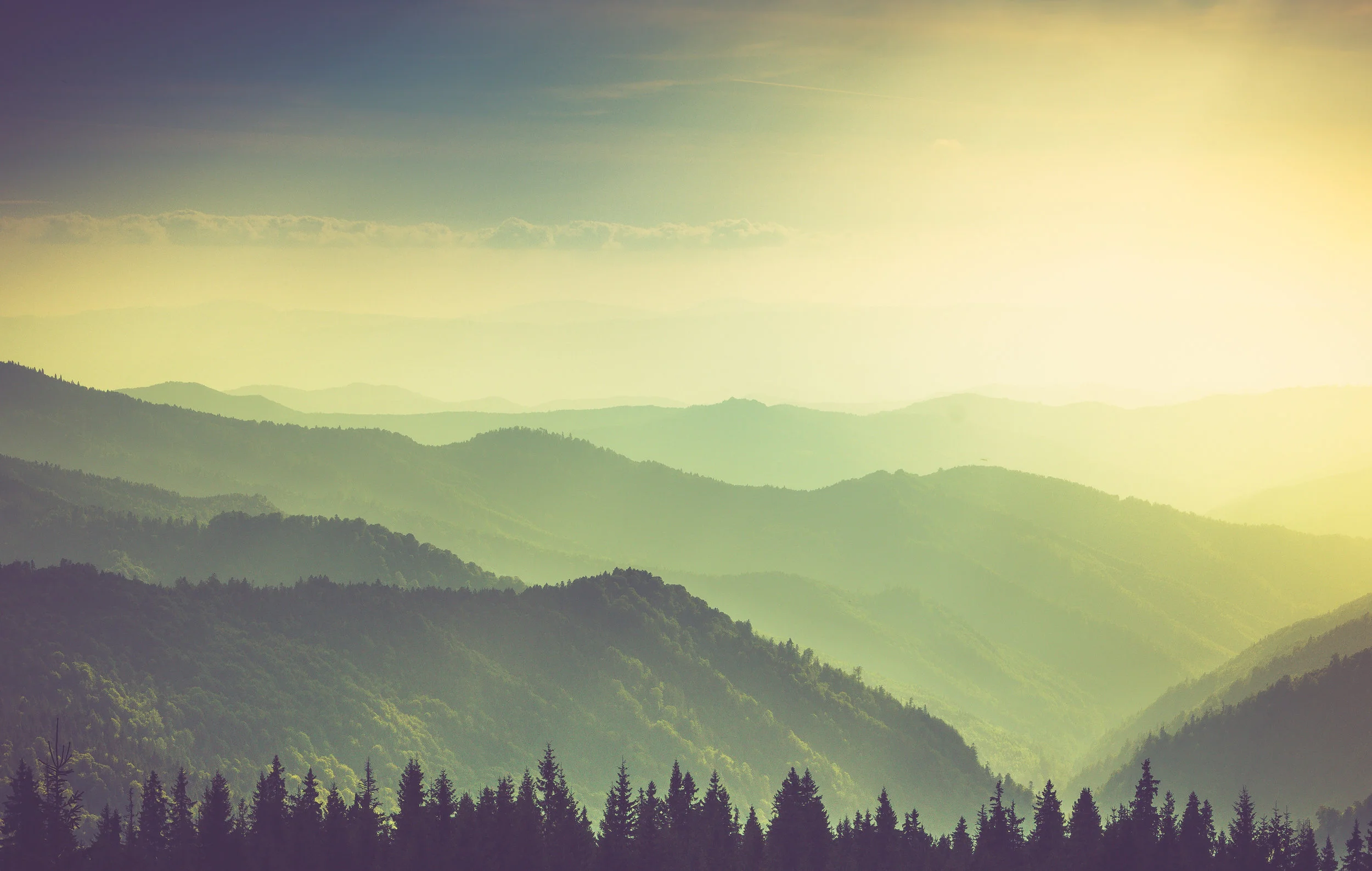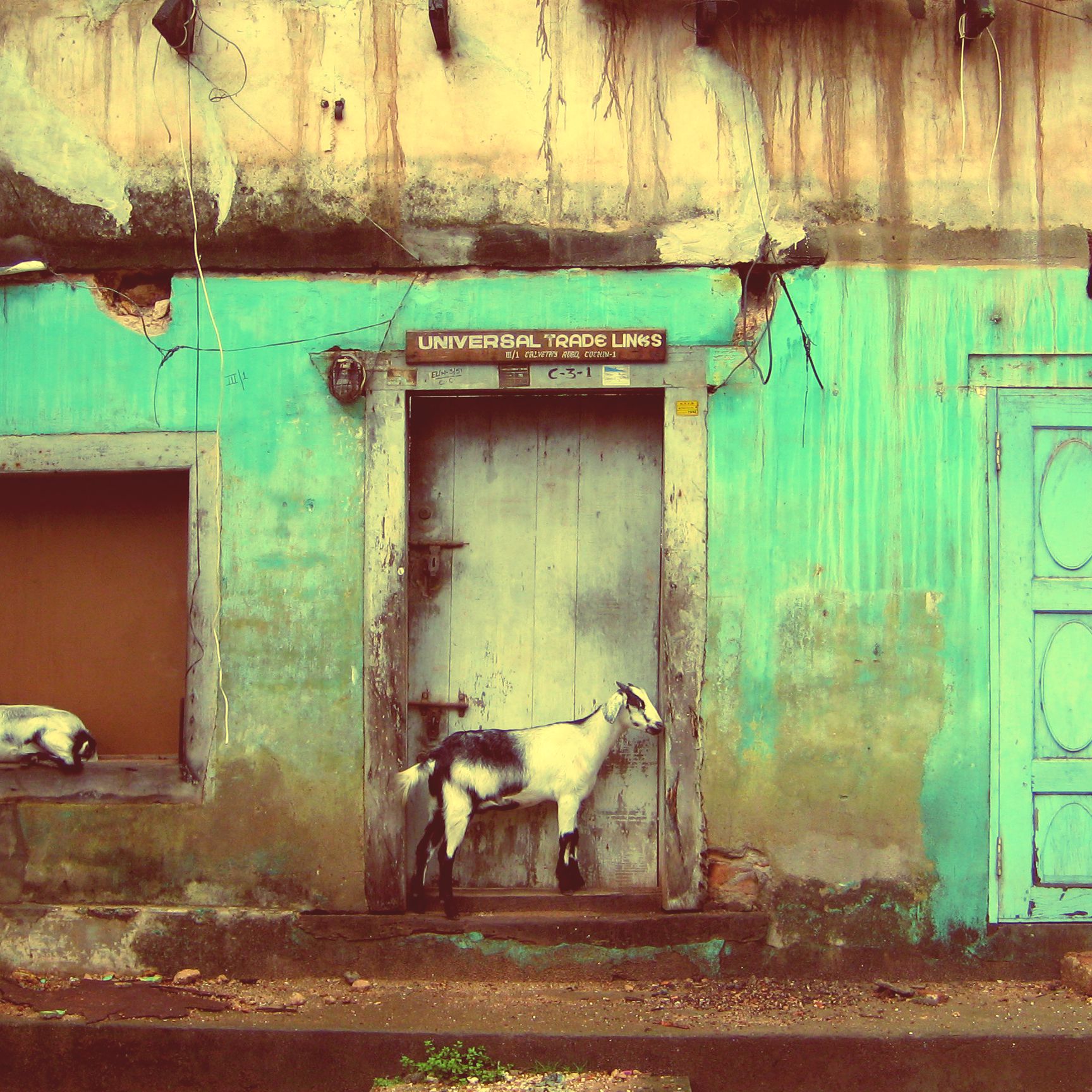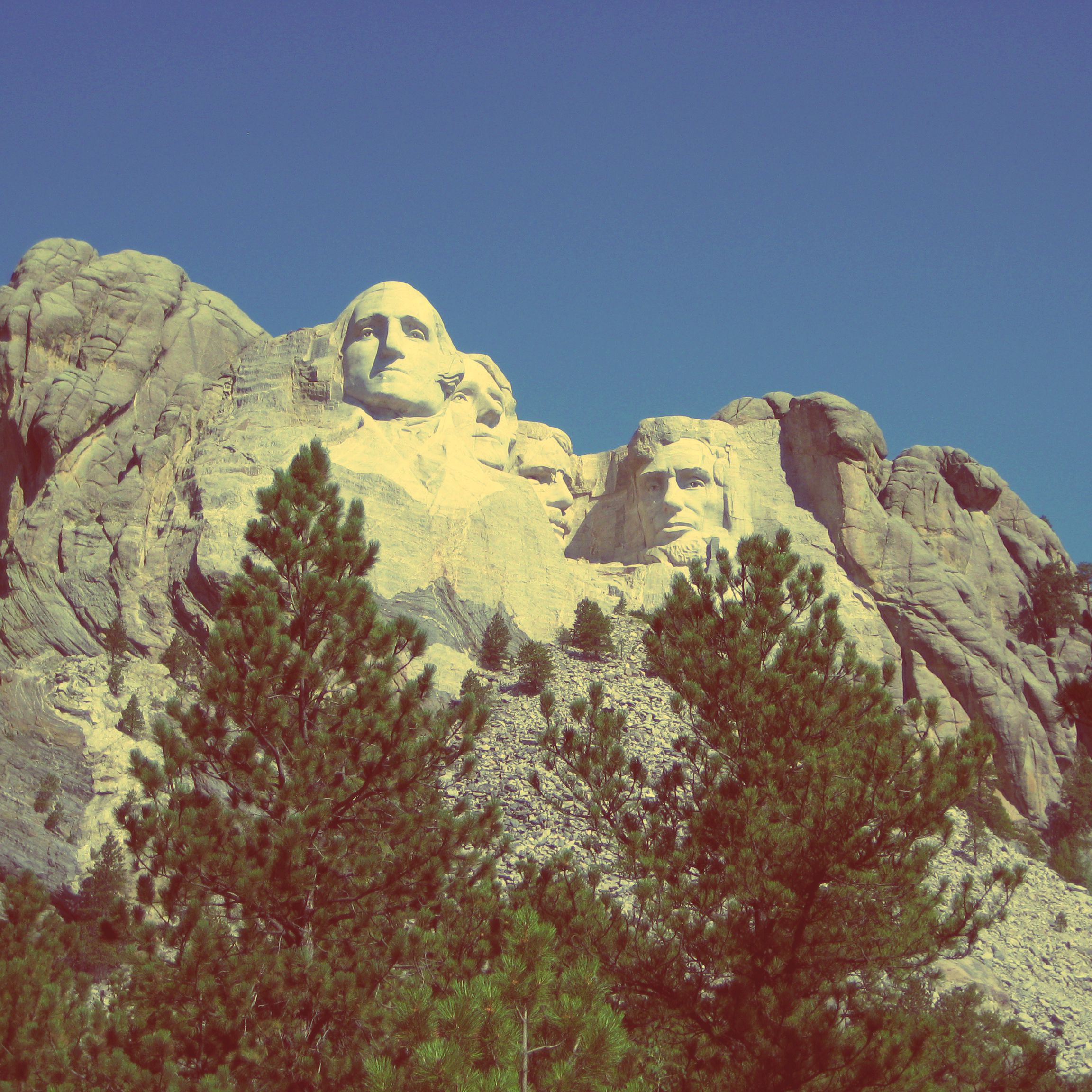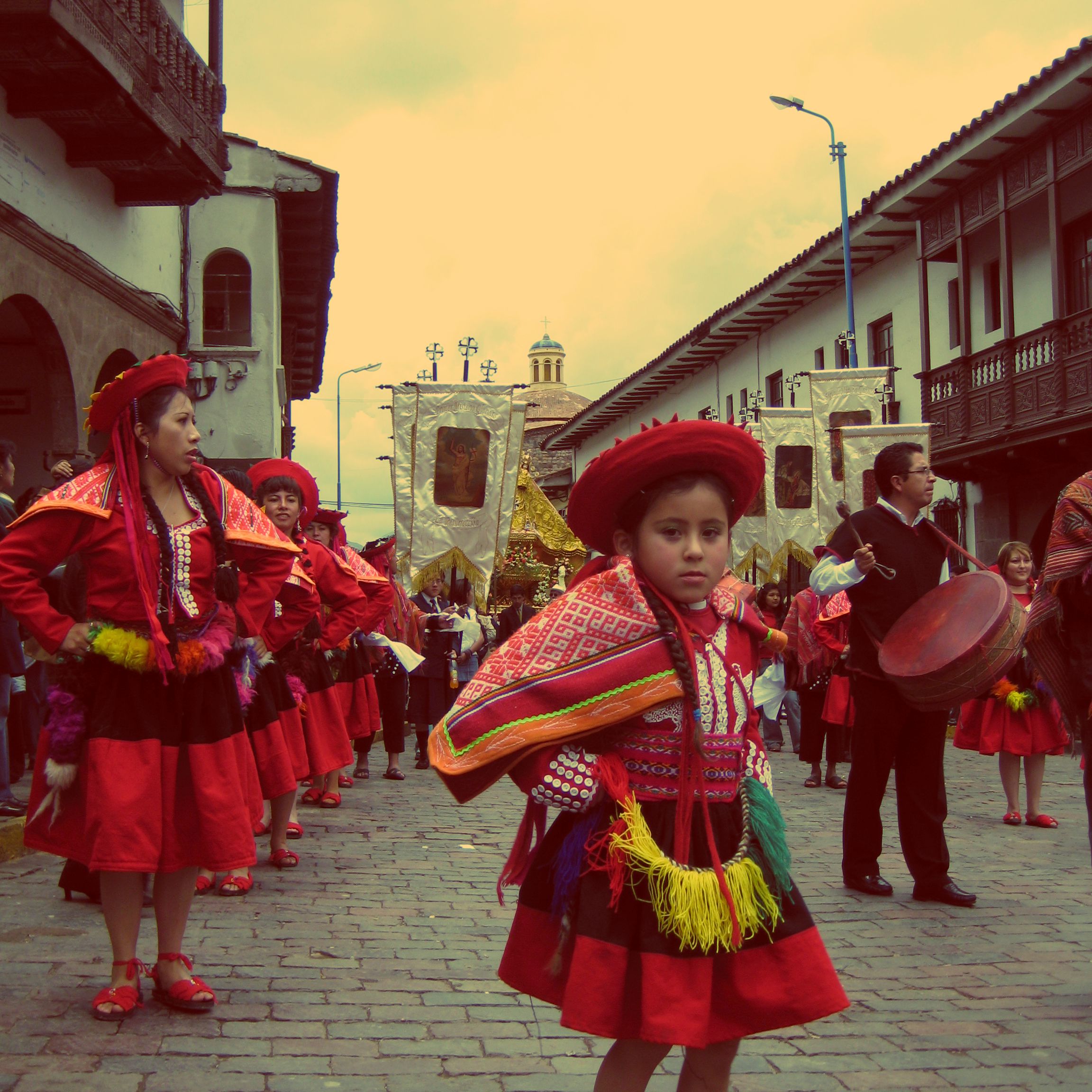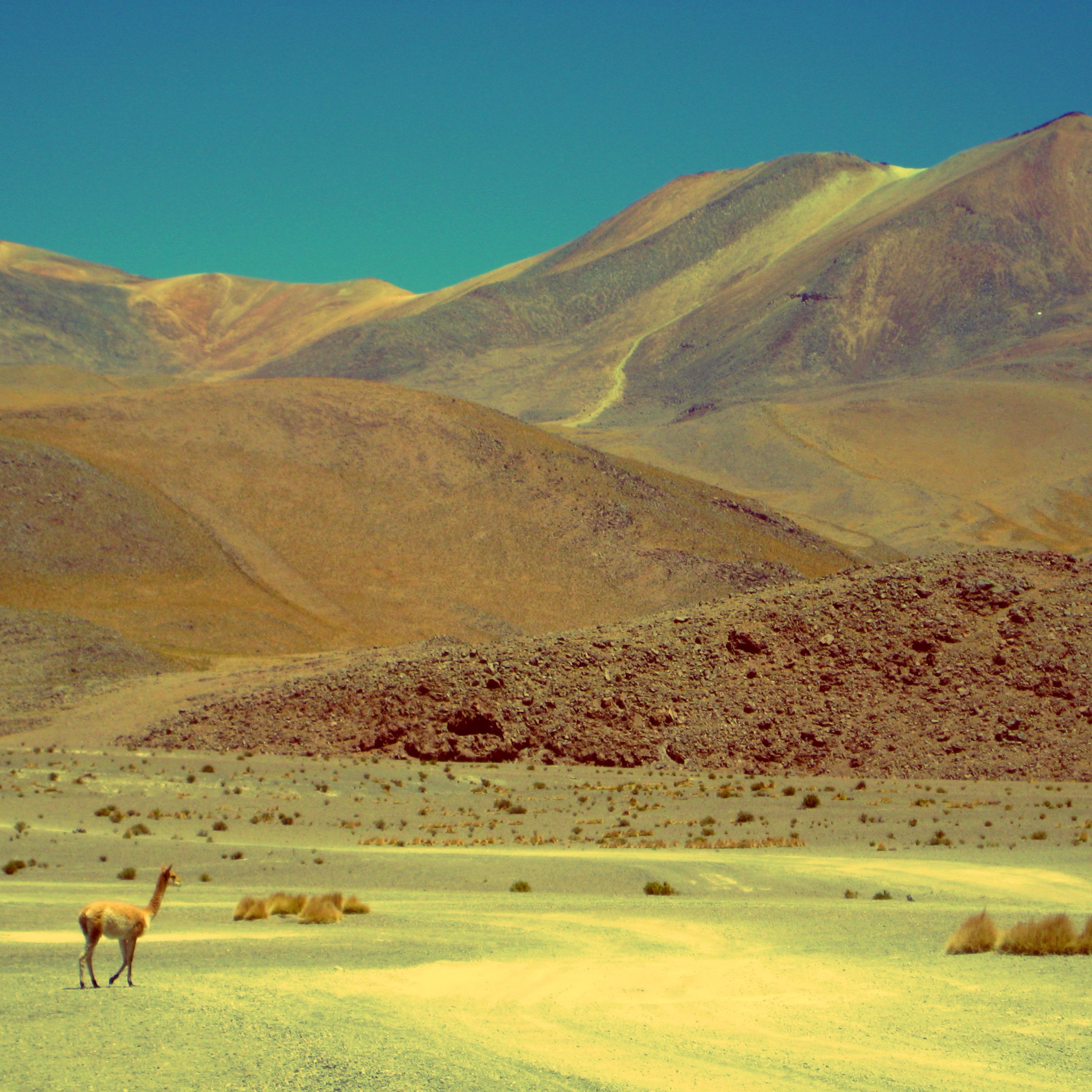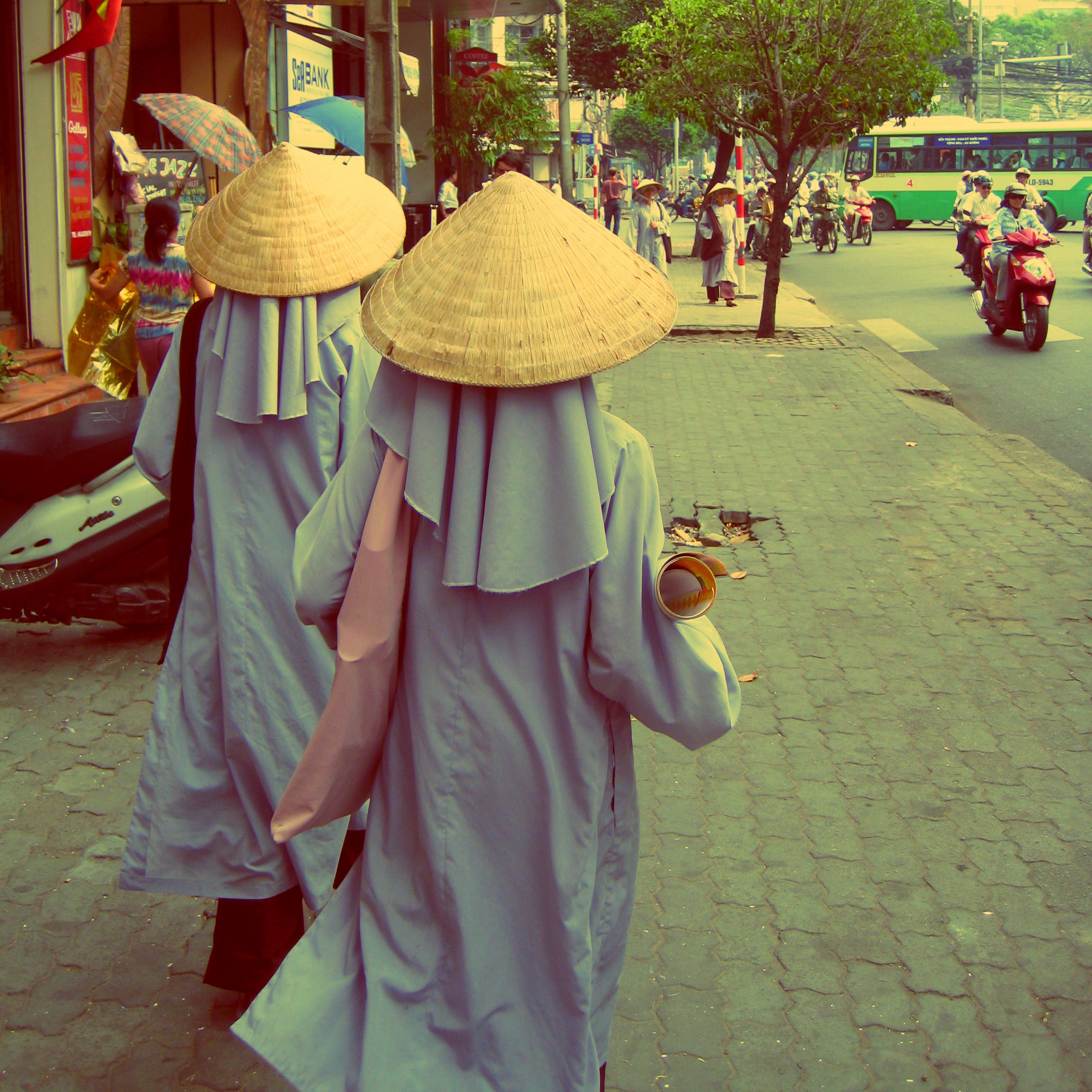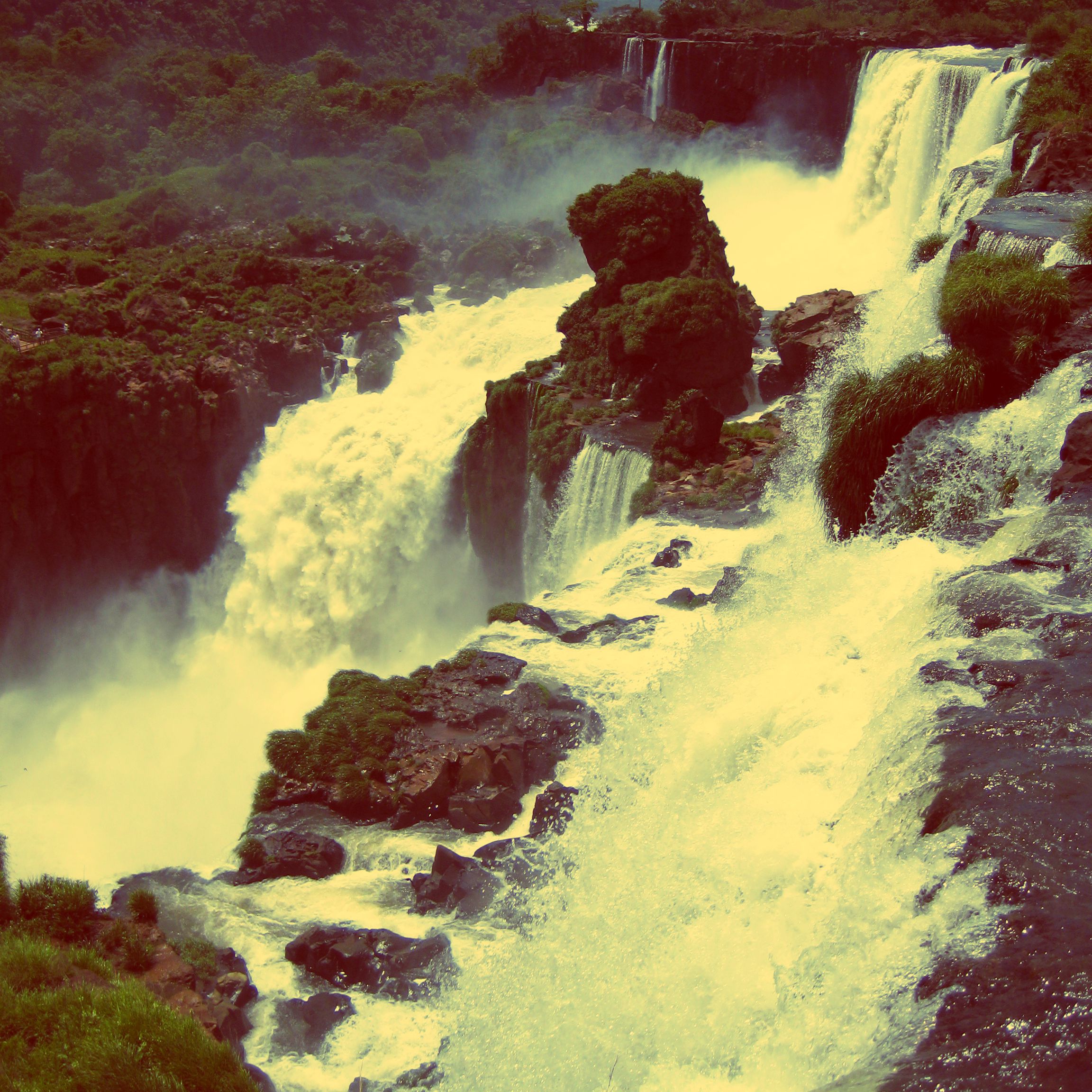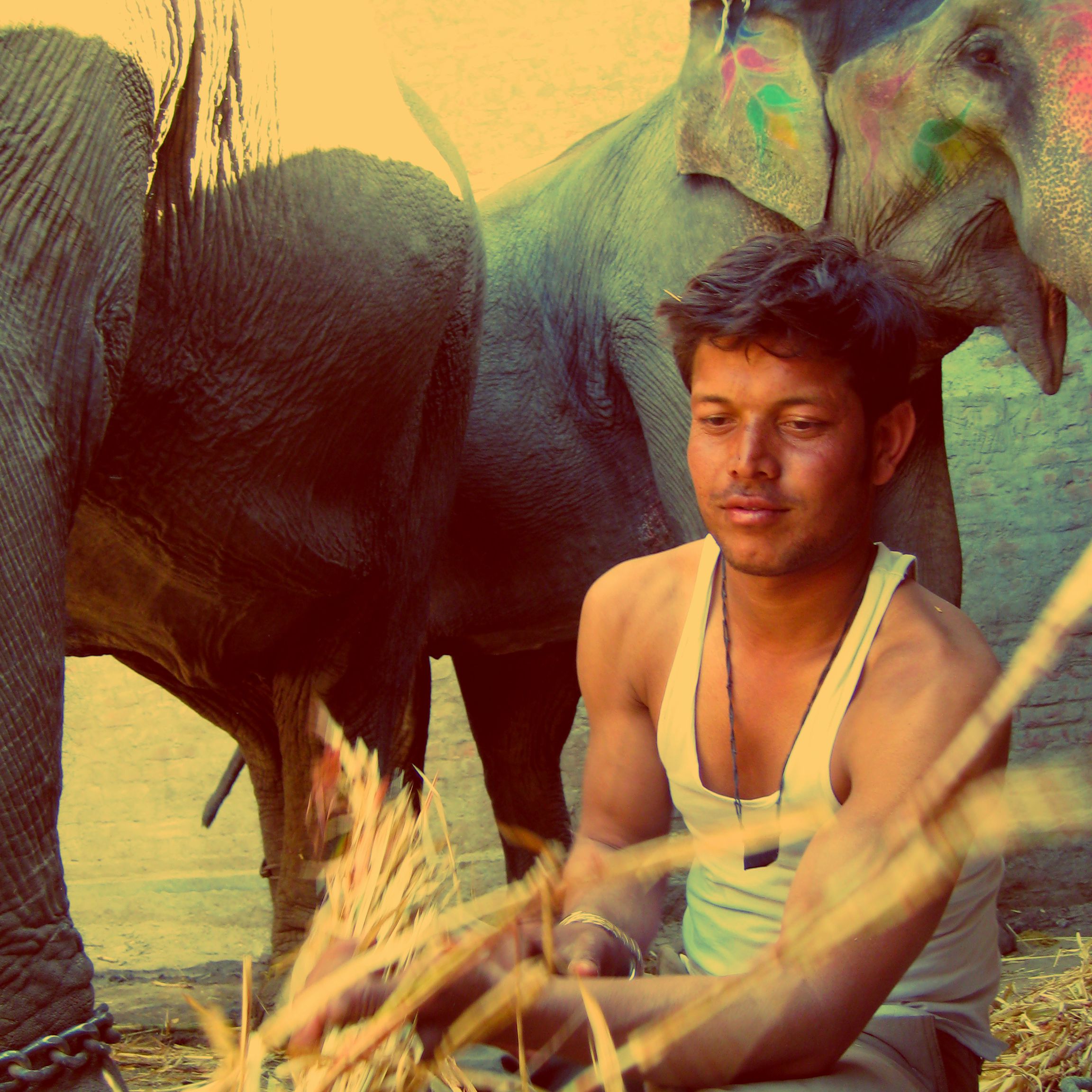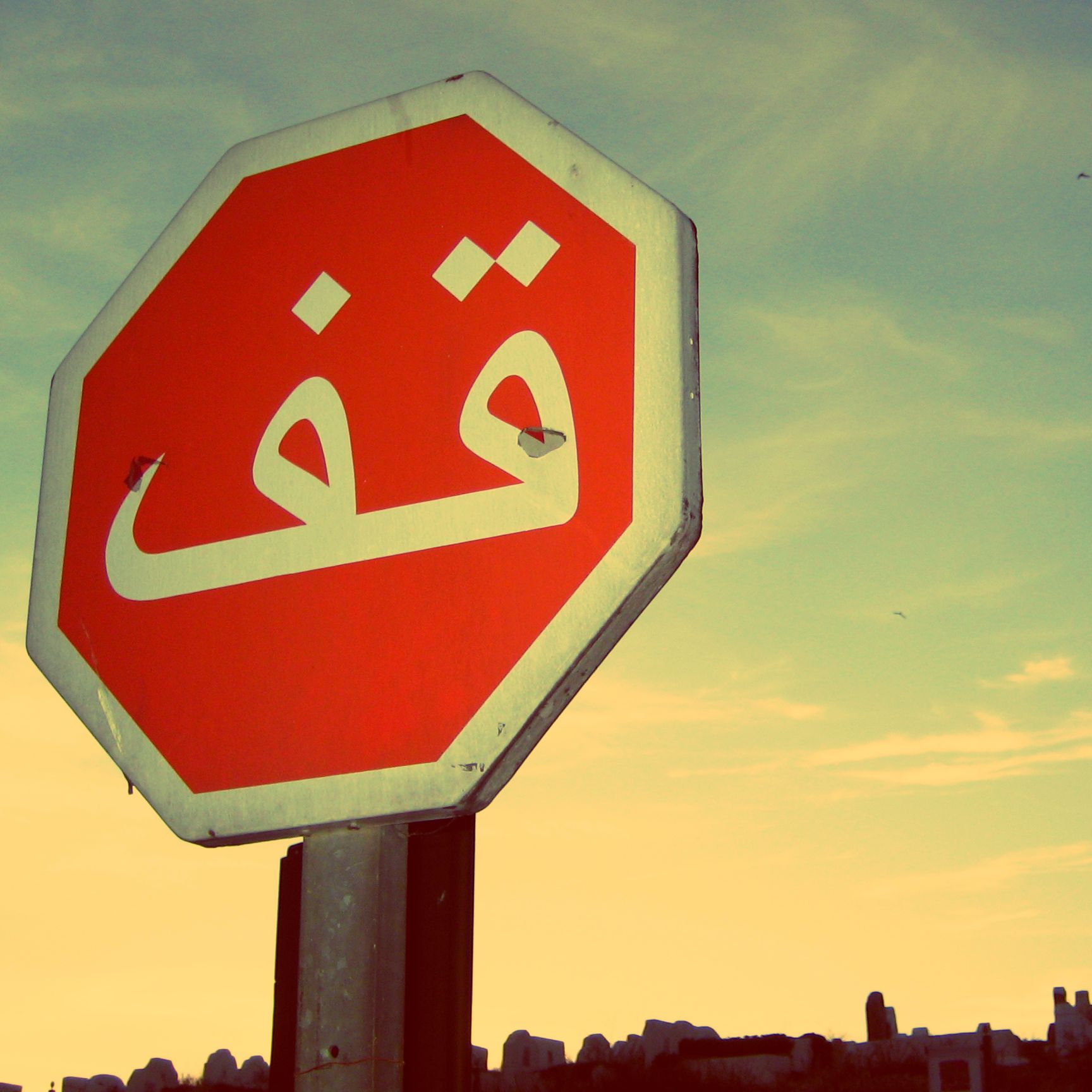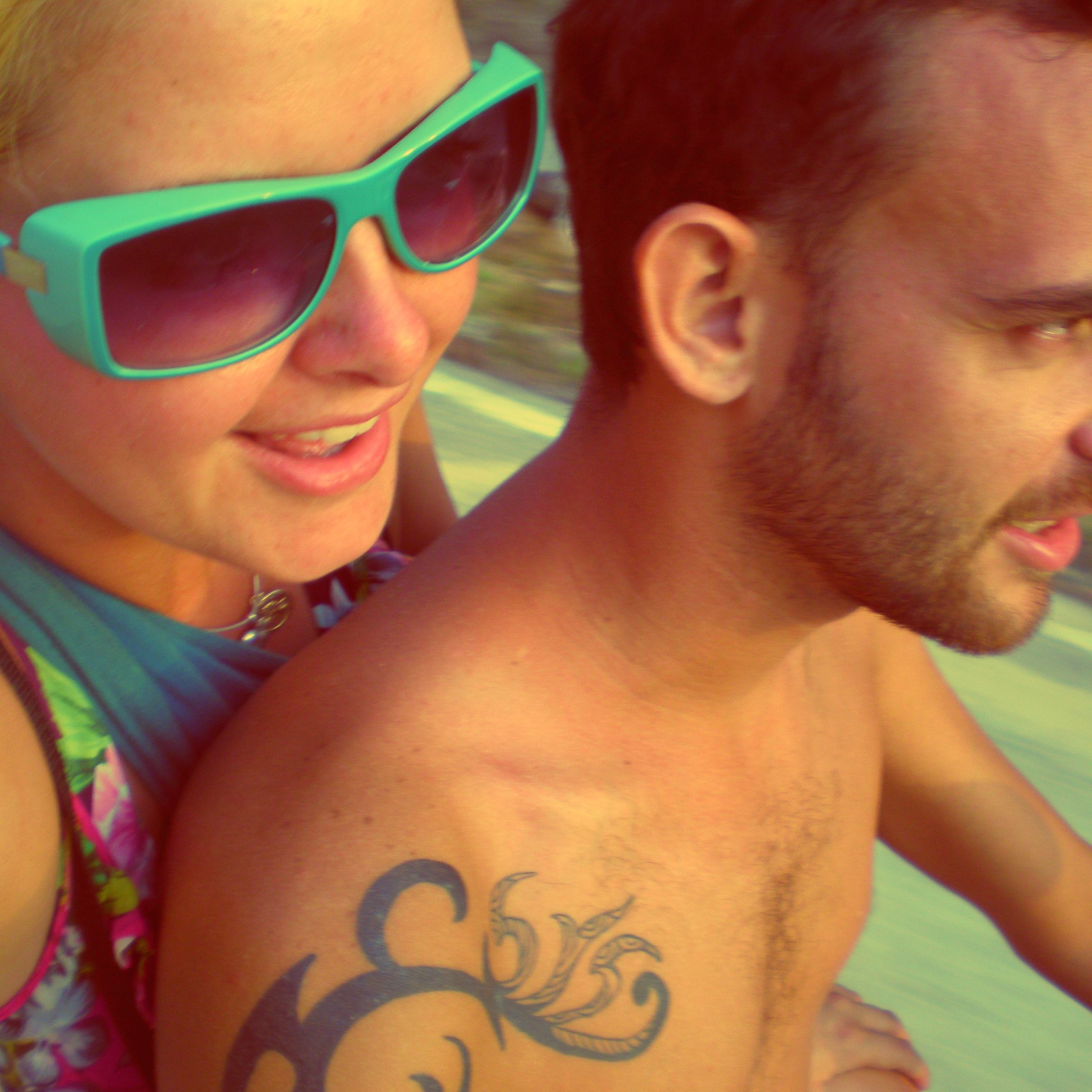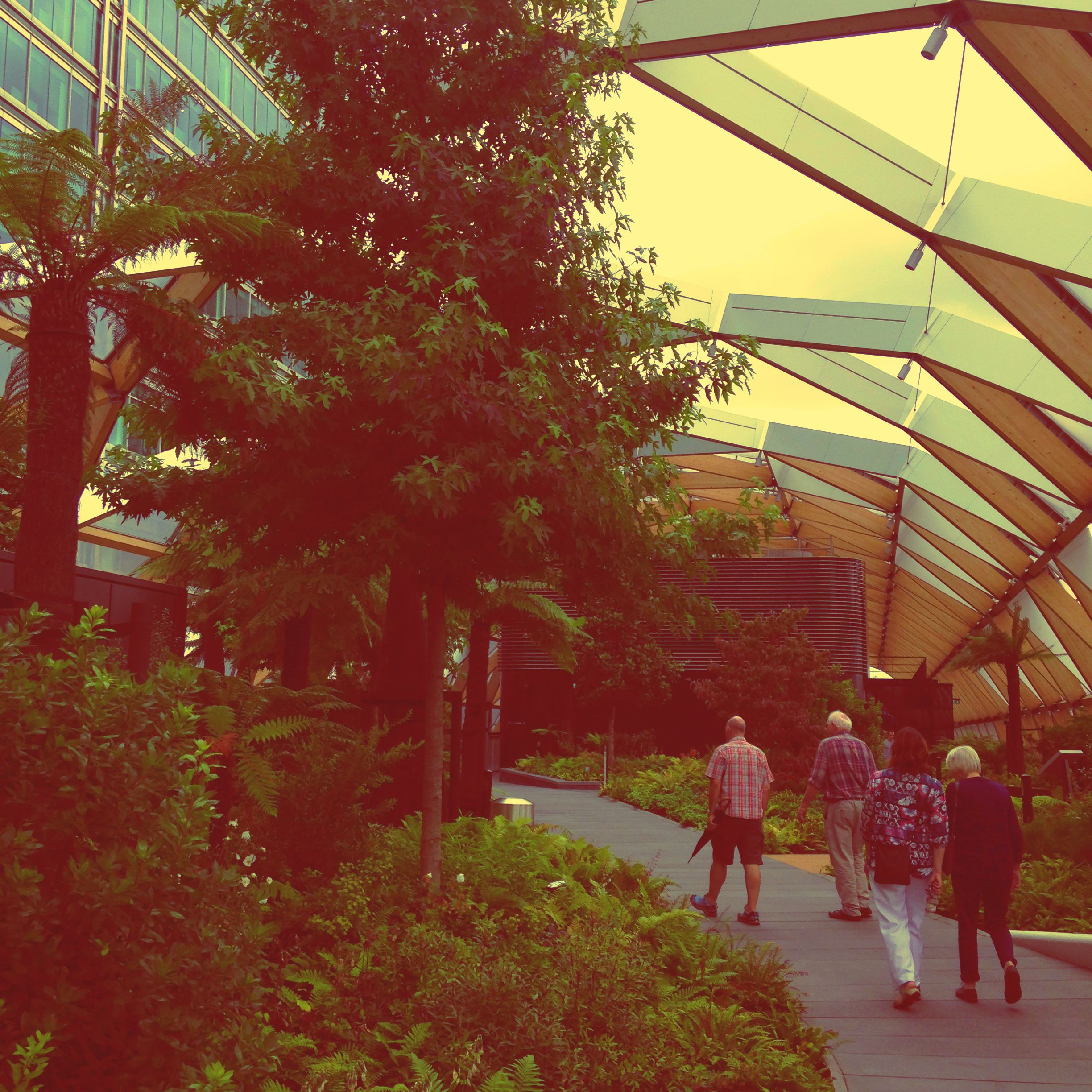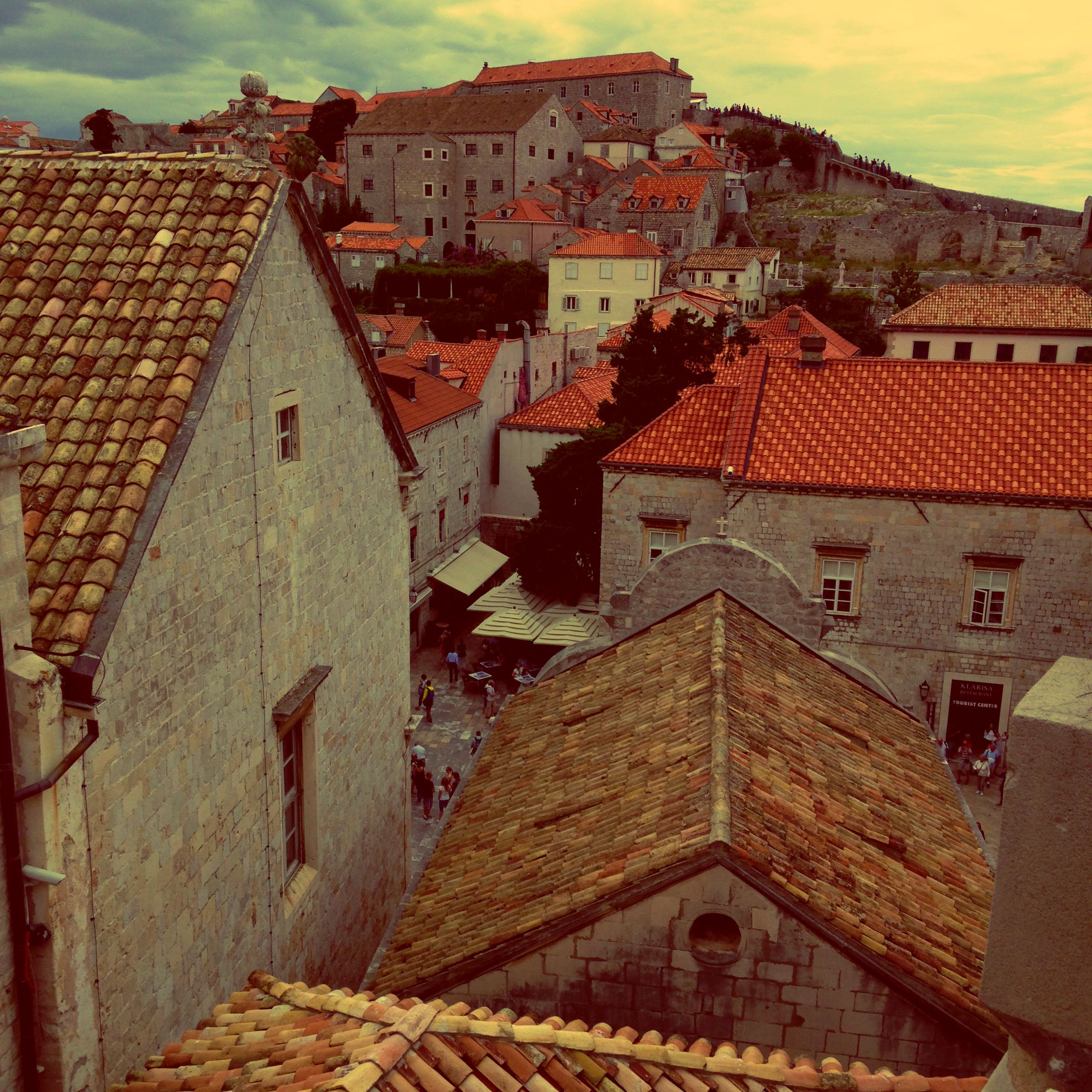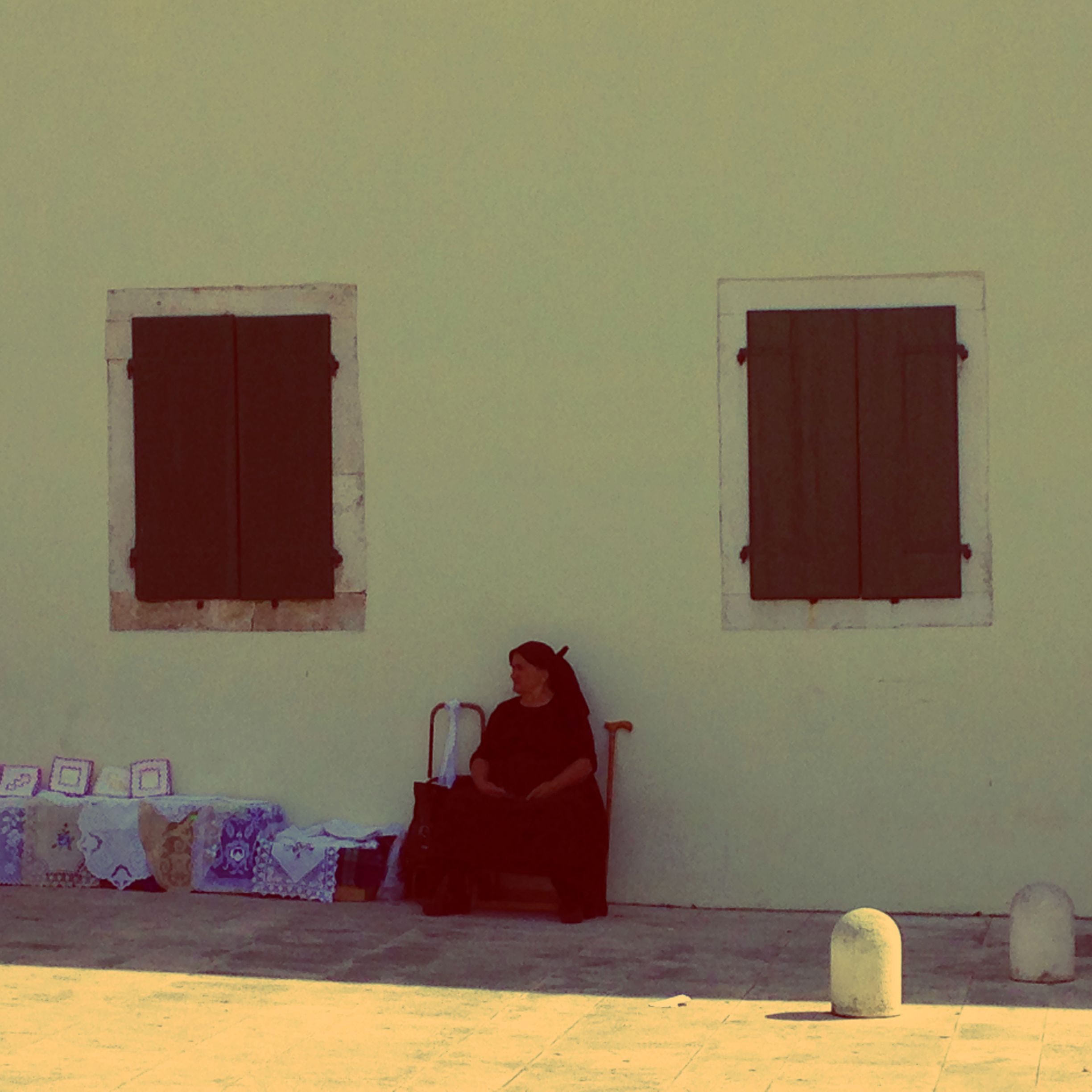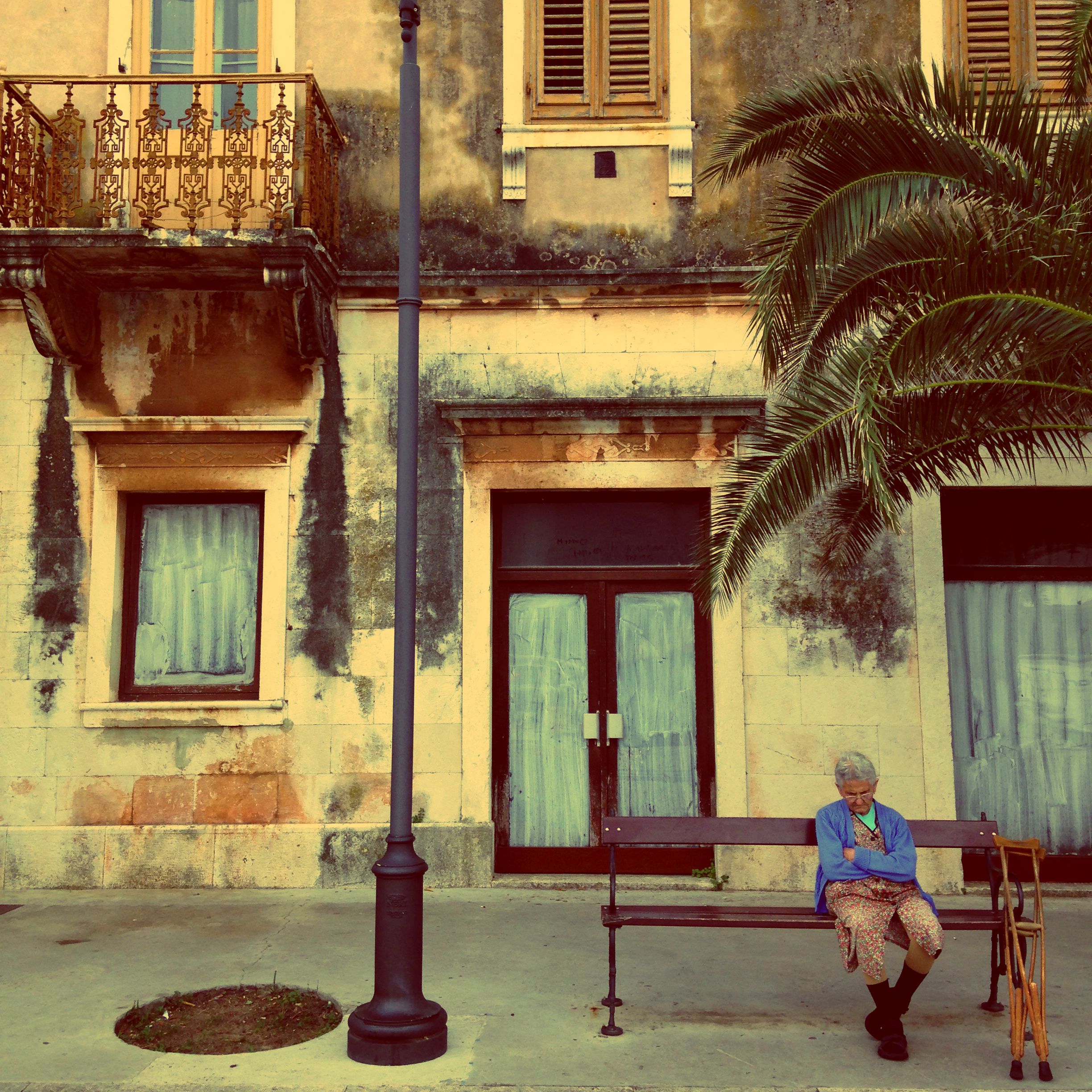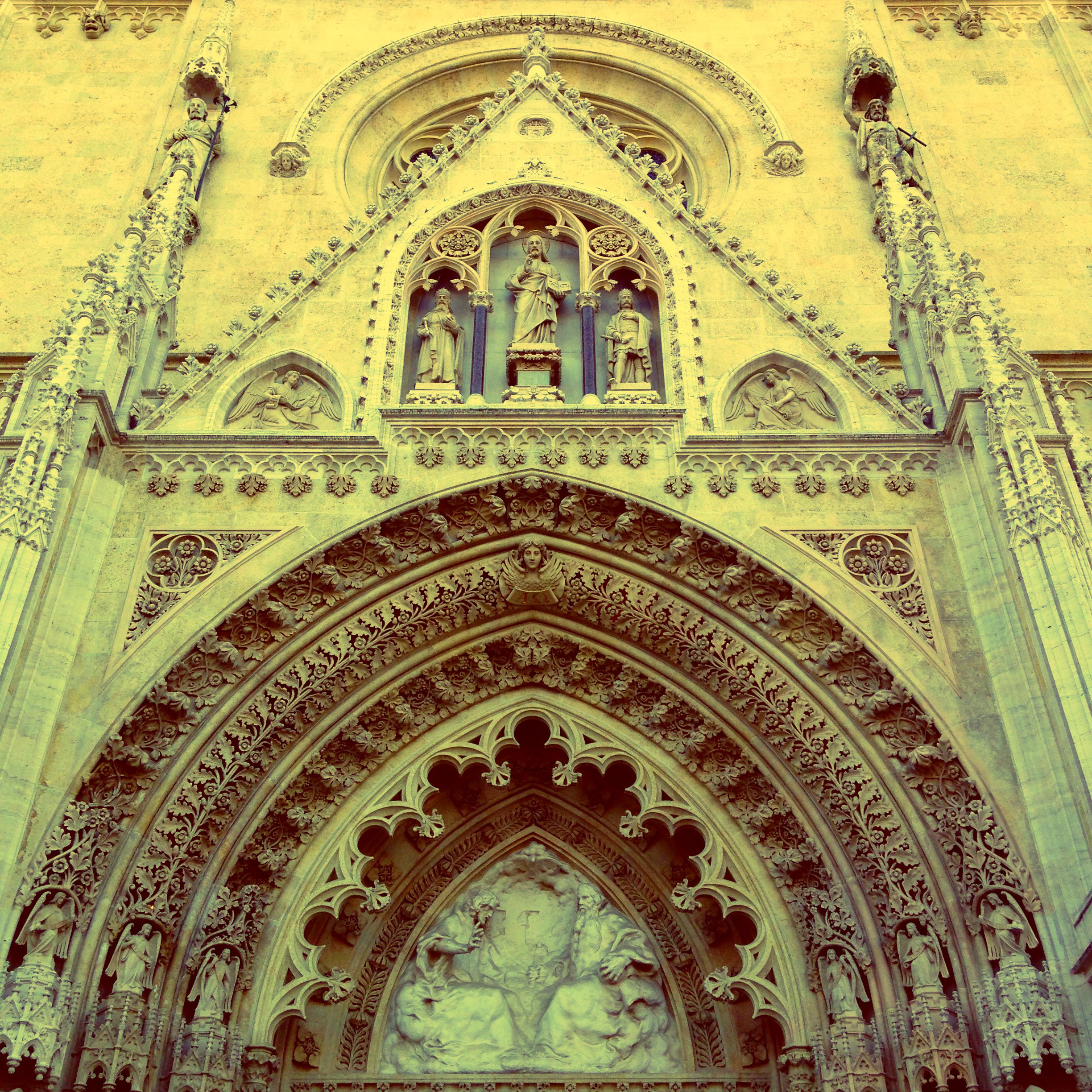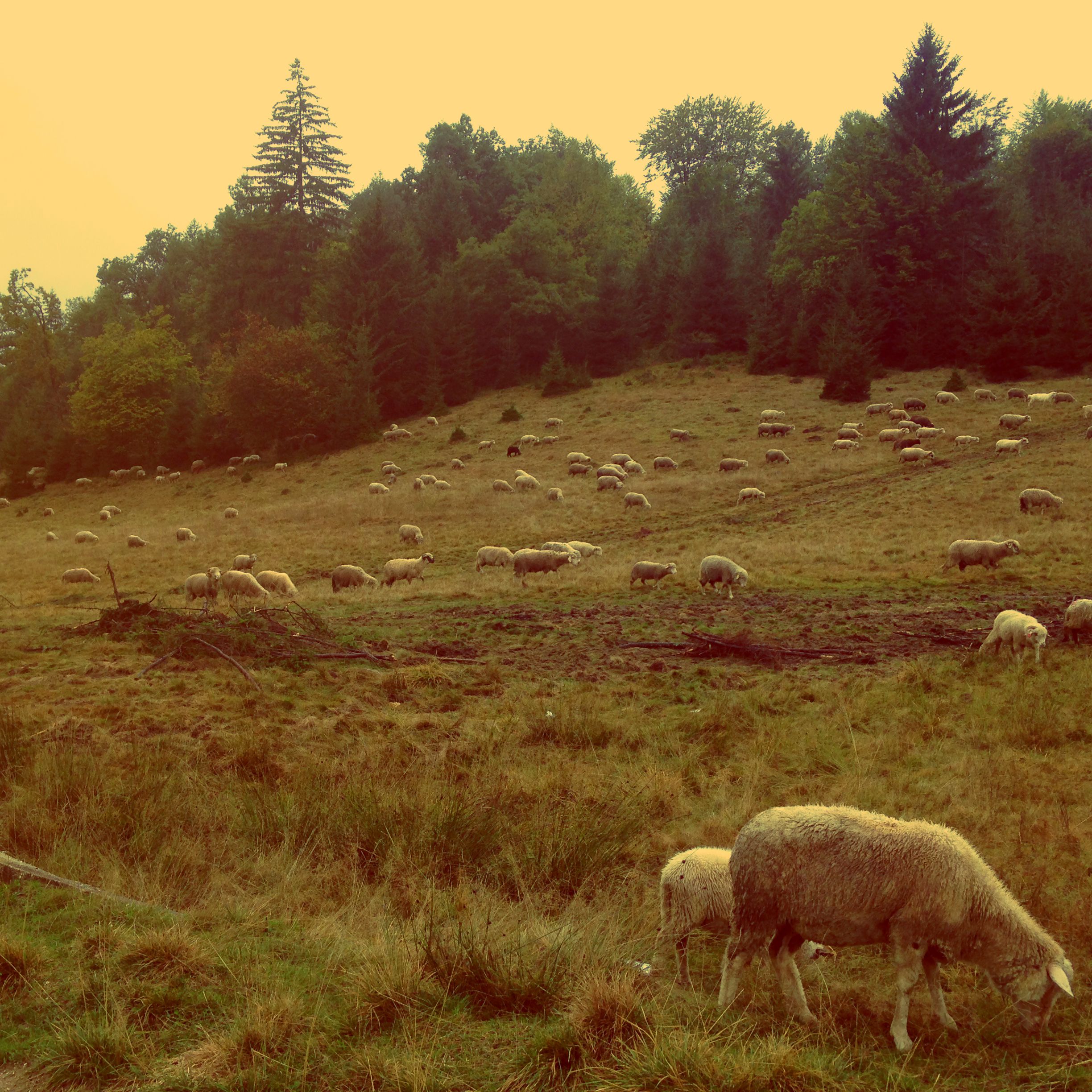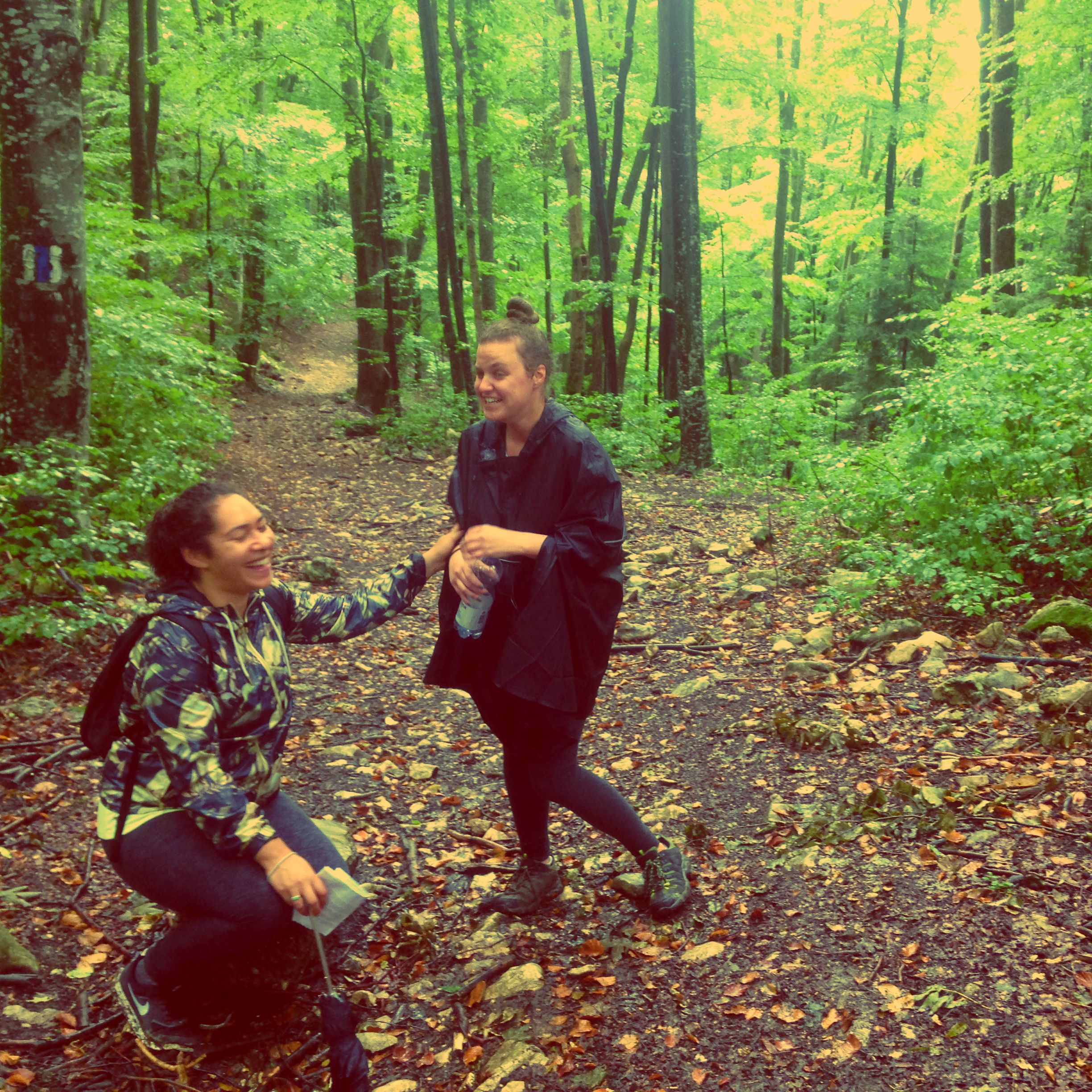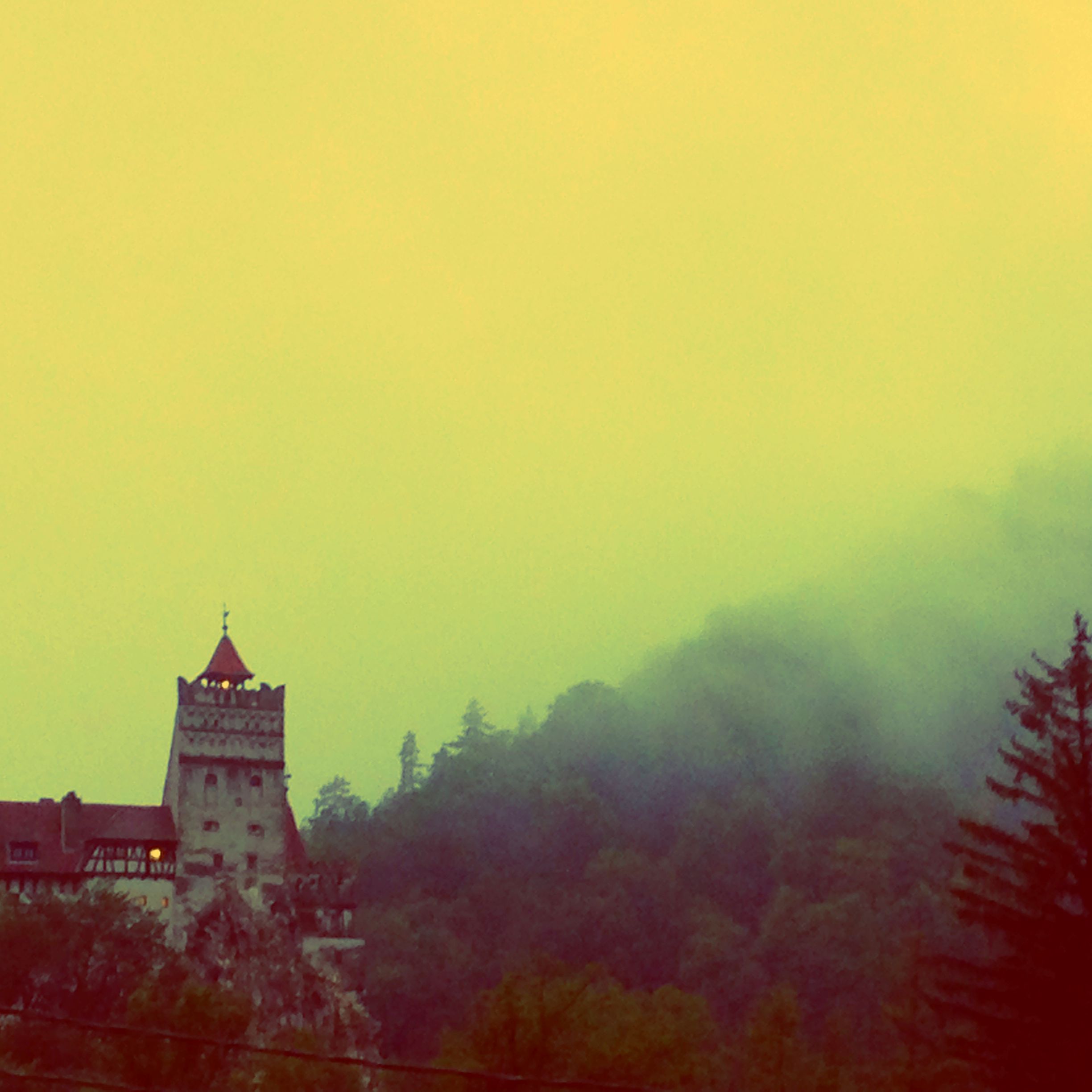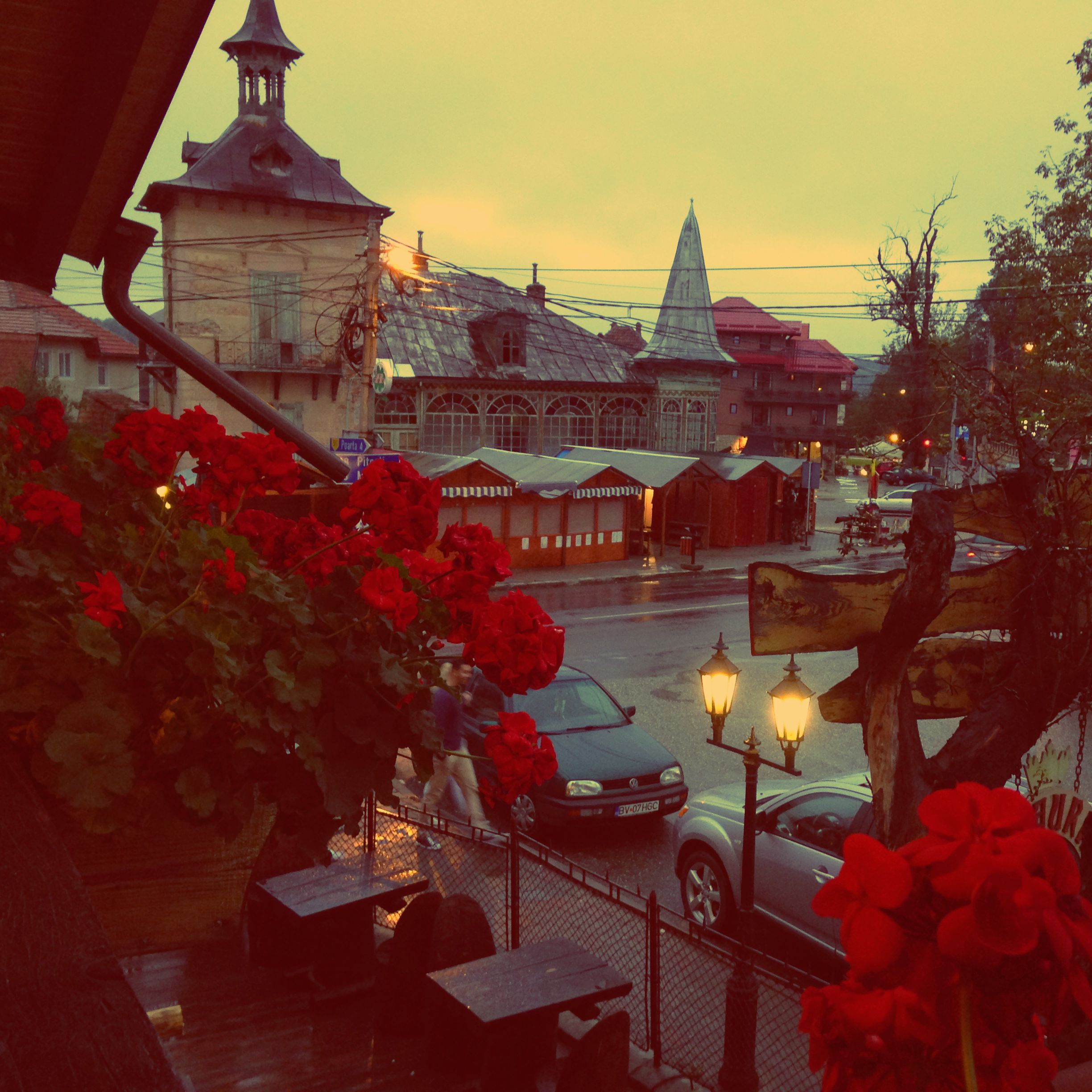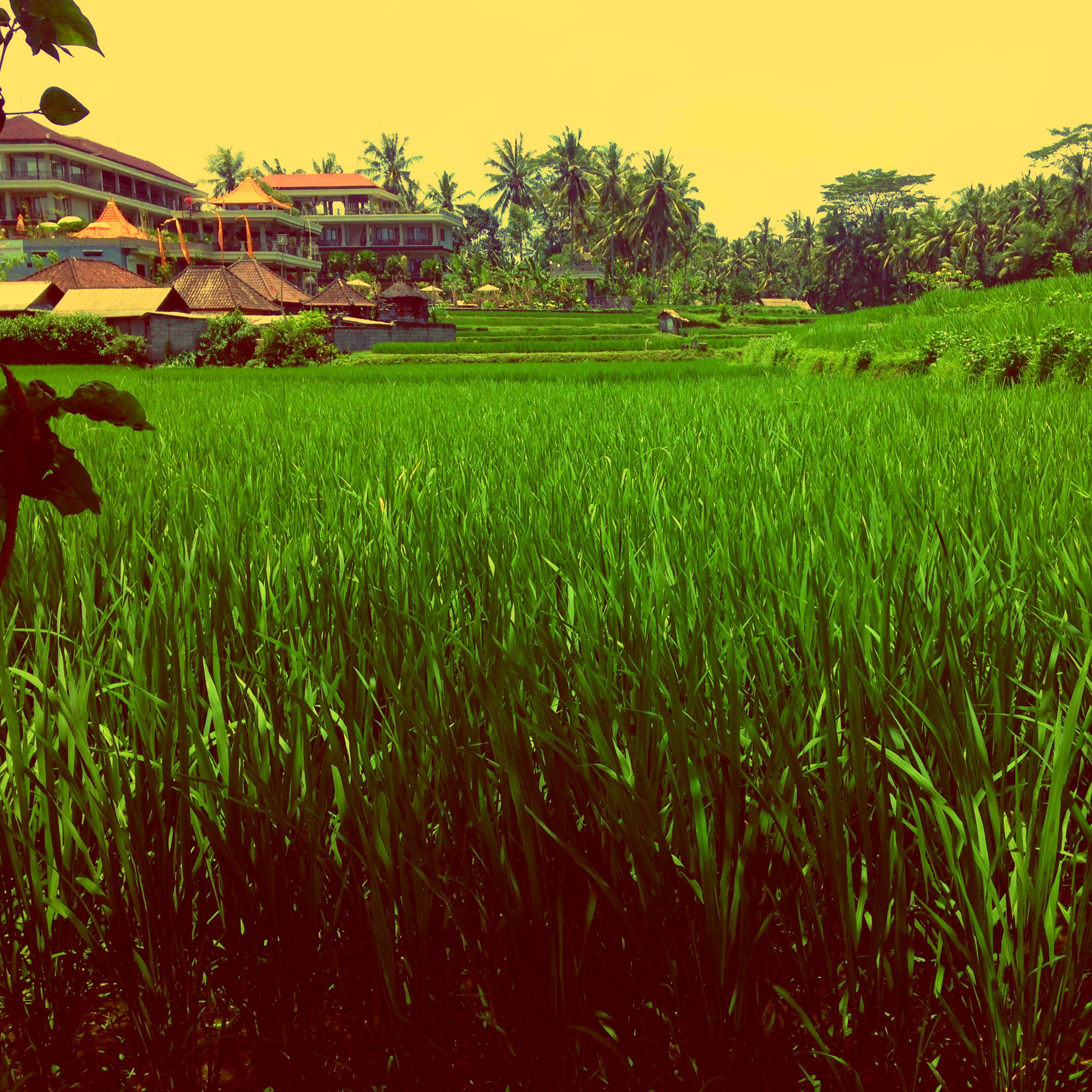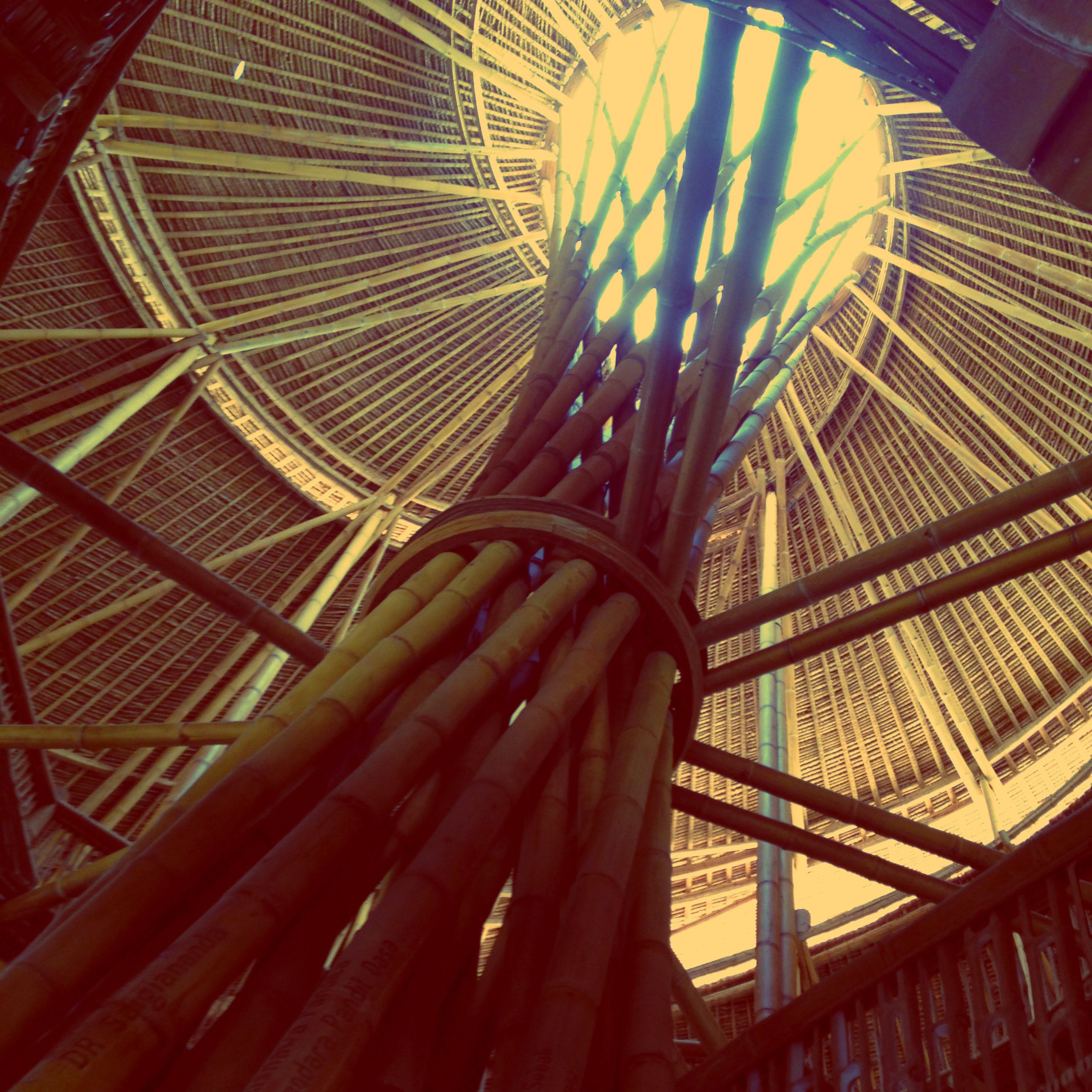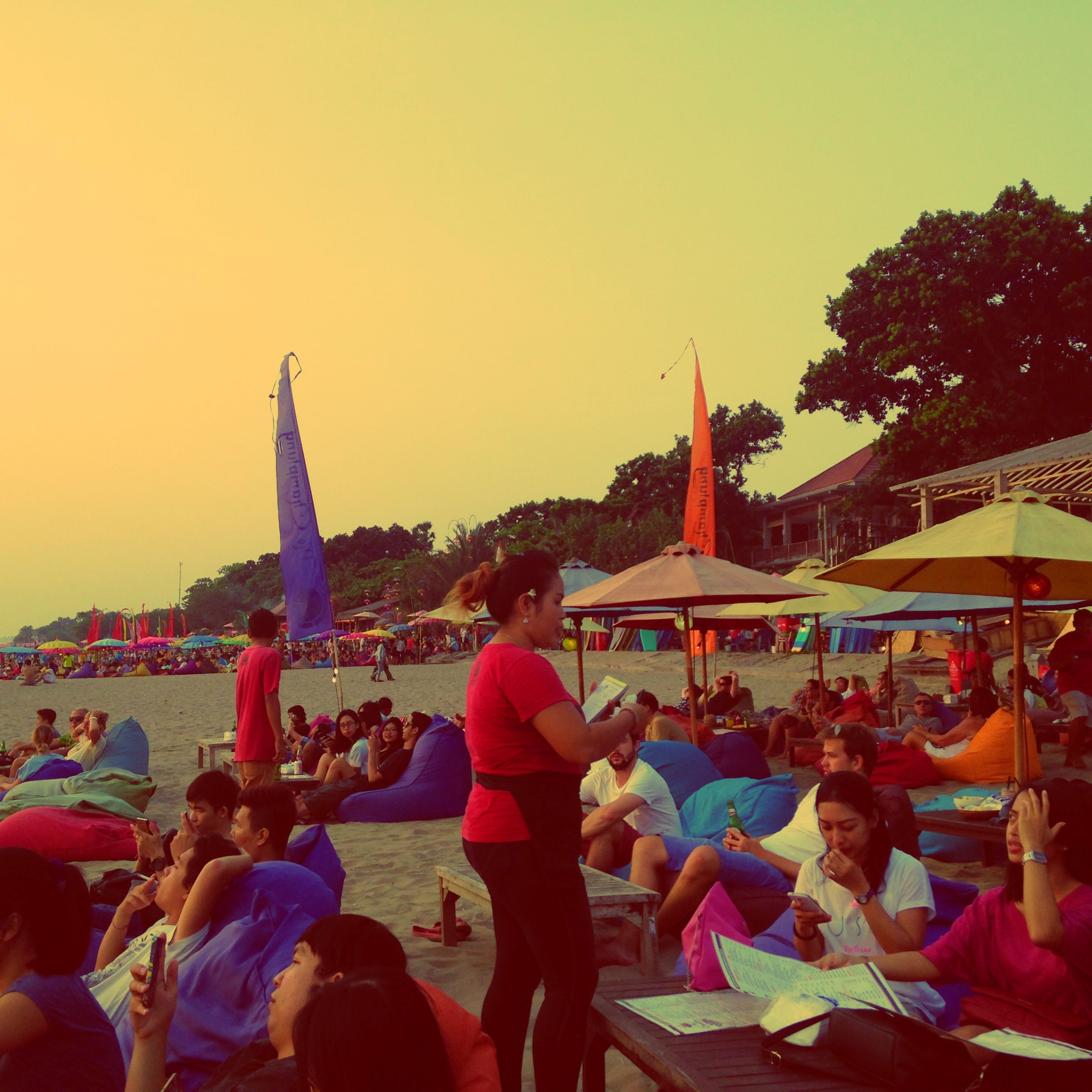Global risks are too high, and the benefits of transitioning to global sustainable development are not recognised. We are failing to create the right incentives on the market. Unsustainable behaviour still gives the highest returns.
What is an Education?
Why your nation’s IQ matters more than your own
The 5 biggest lies of global capitalism
How We Contracted Love
“The best thing to hold onto in life is eachother”
Why on earth would a person choose to title a piece of writing with a word so loaded and inexplicable, you may be wondering? It seems utterly self-defeating. LOVE. Frankly, I don’t have a good answer for that. Let’s just say that this strange four letter word will serve well for the theme being presented. We are all connected by some sort of personal understanding of what it means, as we are too in many other ways.
Source: Playboy
What is Love? The dictionary tells us that it is a strong constant affection. Songwriters often tell us that it’s anguish and longing... or that it is all you need. Many religions tell us it’s beautiful, conditional and you can own it. Our parents might tell us that it’s unconditional and everlasting. Advertising tells us she wears a G-string, sits on a hot red car hood and her name is Devine. Is there any wonder so many of us are confused about it? I read somewhere that the best way to describe love, is to describe what it means to you… and that works for me. Love, as I understand it, is a sudden lasting mysterious feeling of selflessness and consideration where another person comes into perfect focus without judgement or condition. I think I felt it once, and it wasn’t reciprocated… which made me wish I had had become a songwriter at the time. One thing is true: it is the universal thing, that in some form, connects us all. Fortunately, this is not a conversation about intricacies of Love… lucky you.
From our root scratching cave scribbling days, long before we needed to name everything, we have been well aware of this intangible emotion… and its formidable counterpart, FEAR. The two strongest motivators of our real world actions. When that toothy grizzly bear started to gallop, our legs knew just what to do. When that toothless Adonis shared his last juicy root, we knew exactly what it meant. No words required. If I am accessing my evolutionary memory correctly, it seems like a gloriously simpler time indeed. Run, hug, be. Now we have words, drawstring hoodies and iPhones whilst that grizzly bear cowers in the last remaining forests. In evolutionary terms, we have done a lot and rather quickly. Well done us!
Or is it?
It is undeniable that we have made huge strides in keeping those life threatening fear inducing beasts at bay. We used the love feelings to build communities, then civilisations. We thought of ways to organise ourselves and built social structures that encouraged trust and cooperation. We learned to secure food and shelter ourselves. We learned about the natural world and how we could use it better to sustain ourselves. We made a rocket and walked on the moon… but I do wonder if we were ready for it all.
Somewhere along the journey, what we were doing became more important than why we were doing it. It didn’t happen one sunny day beside a meandering stream. It happened many times over thousands of years and each time it happened, it took us a step further away from our integral and external connections. I believe it happened when we started measuring the immeasurable.
Ouch!
One day, there was a dude, sat under a tree. On a patch of grass, on a famous island with a name, delineated by imaginary borders and filled with other people on it that identified with a cultural identity. An apple fell on his head. He looked at the apple and devised a theory about how it fell to the ground. Everyone was enthralled. He became really really famous. All the people that knew words, talked about him. He discovered how to measure a small part of a very big story and everyone thought he was very clever. He was not the first nor the last to be this clever. There were many clever people and they all learned to measure different parts of different stories, not all of them ended up being true. Long before that, people made stories without learning to measure if they were true. In those days, the stories were also thought to be true. Luckily, our dudes story remains true today, so he is still very famous.
Our collective journey of understanding has been a chaotic yet enthralling exploration of truth. However, inside our world view remains a mishmash of true and untrue stories, some of which might never be measured. The accumulated story is the best we have to work with at this time. This mishmash is the typical evolution of all civilisations… and this is true of ourselves as individuals. The problem with theories and stories like this, is that we seldom wish to have them challenged if they are likely to make our other stories untrue too. Our identities are so tied to them that we fear that we may lose our sense of self through new understandings. Some have more fear in this way than others. In order to mitigate these fears, we have learned to collectively agree on certain understandings. We see this in the evolution of cultural belief systems all the way through to our social order systems of law and commerce. These agreements are social contracts of understanding where a certain group of people decide or are conditioned to believe in a set of rules, even if they are untrue.
The Contract
As I understand it, I came into the world at around 6am on a Thursday morning on a cool spring morning in a hospital in central Johannesburg. I am not certain if I was two weeks early or two weeks late, as per the doctor’s predictions, but that was the day I signed my first contract. I never read the terms and conditions and would have been unfit to do so… and I never actually signed anything. However, that contract was binding.
It bound me to all the contracts that had been written before my arrival and many that would follow. I got a number that identified me as male and white in a country contractually signed up to Apartheid. I was contracted to my parent’s care that would be binding until I was 18 years old. My identification number contractually placed me at a higher social status than the African girl born at the exact same time to a single mother in a round straw-roofed mud hut in the rural grasslands. By many measures, I got good contracts. But, if I had read the terms and conditions with my insights today, I am certain I would not have agreed to them. I would have removed those clauses on racial inequality. I would have removed the clauses on gender inequality. I would have removed the clauses on my predetermined education methods. I would have removed the clauses pertaining to my subsequent enslavement under a financial system. I like to think I might have written a rather pleasant contract, for myself, and for others… but alas, I had that one signed on my behalf.
And when it came time to sign my own contracts, a lot of them weren’t too good either. There were the debt contracts, so many debt contracts. Some bad employment contracts. The phone contract, the internet contract, the infamous iTunes contract, a new citizenship contract that had incalculable other contracts tied to it (some good, some less good)… most of these contracts forced upon me due to the contracts everyone else had agreed to. It got me wondering if everyone else was happy with these agreements.
Total social contract ignorer
So I went travelling to see how contracts looked elsewhere. It was then that I realised that there were a lot of people with some really shitty contracts, way worse contracts than my own. Most of them had no idea they had a contract. Some had better terms in their contracts. Supportive community contracts, more time to themselves in their contracts… but much less money in their contracts making it more difficult to get food. I also learned that some people ignored their contracts altogether and the most powerful ones blatantly flouted their contracts whilst enforcing contracts on others. My head was spinning and it took me all the way back to my first contract. Why is everyone’s contract so different to start? Why were some people allowed to enforce contracts and others allowed to create their own? That didn’t seem very fair at all! Not only that, I got a sense that all these contracts were written out of fear. Fear of losing something. Fear of losing someone. Fear of dishonesty. Fear of non-participation. Fear of losing identity.
Then the apple landed on my head. Just like Sir Isaac Newton on the grass, a big piece of an even bigger story finally made some sense. I had not questioned the most obvious and oldest contracts of them all.
Moolah!
Unlike many belief systems that have come before it, money as a concept remains one of most unchallenged faith based systems of all time. Religion has been challenged at length throughout civilisation, sometimes with the most destructive consequences. Kings, nations and institutions have had their share of public questioning and the evidence based scientific method is founded on the consistent challenging of understandings… but strangely, the representative contractual concept of money has remained largely unchallenged. Why is this so?
Perhaps it is because money evolved out of a need for an alternative to trust. First we hunted and gathered, then we domesticated. Scarcity brought about the need for trade. Basic trade evolved into representative trade, particularly useful when trading with unknown individuals or cultures. A representation of trust could be agreed, first in the form of scarce metals. Metals gave way to currencies associated with powerful economic nations, then currency became a tool for power. It lost its role as a substitute for trust. And so, money became ingrained in the human psychology, contradictorily as a substitute for trust and a tool for power allowing groups or individuals control over others. But what is it today:
It is a faith based system (now as fiat currencies) used to reinforce the social contract, in turn reinforcing the belief system. A self-affirming faith system.
Although not its original intension, it is a system based in fear… the exact opposite of what it was intended to resolve in the social context. The fear of scarcity is built into its very foundation, to the point that all people believe that scarcity is inevitable. Furthermore, we believe that our fellow citizens cannot be trusted without its existence. It has been present in all theories of social organisation (socialism, capitalism, communism, fascism) whilst never been questioned. The contract of love, based in fear.
That’s Ridiculous!
If you feel that you have enough of it, you are happier and abler to experience love. You are aware of those that might want it, but you are not in fear of using it. We could argue that merely being aware of people wanting it, is fear. If you don’t have enough of it, you are in perpetual fear. If you have lots of it, you’re certain someone’s going to take it and the power it provides. Fear.
Consider this. Would it have been as possible to enforce perceived inferiorities onto targeted groups without the power money provided? Would woman have been suppressed as strongly or for as long without the power financial control gave men? Would the current American racial environment have existed without the profit in slavery and the subsequent financial disarmament of a racial group? Would the catholic church have been able to condition such large parts of the world without its wealth? Perhaps, but only for as long as people believed the story. The money contract allowed those and countless other atrocities to be upheld and perpetuated in all other social contracts.
Another dimension of this system to consider is how it has seeped into some of the immeasurable parts of our living experience. Too often it is a consideration in our most intimate emotional experiences, often adding an element of toxicity to them. Contracts of marriage are monetary contracts that present little in evaluating the emotional connection between individuals. Some cultures allow love only on the condition financial compensation. Money regularly becomes a major point of tension after the death of a loved one, when their life should have been celebrated and their loss mourned. A noise that is ever present in the parts of our lives that are most complex and personal.
We could argue that it is not money per se. That it is people and their inherent inability to be fair and honest. “It’s their culture, their upbringing, their values. They are to blame” This may be true, but we could also argue that people are equally fair and honest. Their environment dictates much of their behaviour and forms their perspective. Money intrinsically suppresses pro-social behaviours and reinforces self-serving behaviours. The evidence to date suggests that our immediate social environment has more to do with our behaviour than anything innate. If our environment is fair and fear free, we are fair and fear free. The most universal commonality in our environment today, across cultures and nations, is money.
So what then?
Source: Equals - film (2015)
The world is littered with utopian idealists complaining about how everything should or could be. Utopia does not exist, and nor should it.
Growing up with some forms of personal struggle, in my opinion, has provided me with the resolve and sense of self to feel passionately about a number of things in life. I believe that it is from within our struggles that we able to have reference to experience our joys. Without some joys and avenues for hope, trapped in perpetual despair, one might never have the opportunity or perspective to explore their own possibilities. Too many people today are not exposed to their possibilities due to external limitations. Therefore, a careful balance of struggle and fulfilment is ideal. As far as Utopia is concerned, nobody wants a monoculture of uniform drone-people living in the dull soft focus of permanent contentment. What on earth would be the point of living, if not for some opportunity for change and personal development.
However, so much could be improved for more, if not all of us. But, it will require us making a small change to one of our most fundamental base belief systems.
Where is the Love – 5 Things to be done to get back to a trust culture
Very little says it better than the Black Eyed Peas when we get talking about a solution. Money has pitted us against eachother on a daily basis with every increasing competitiveness. Our mental and physical health is being effected and this rabid tussle for power and status is killing everything around us.
1. A Measured Management System.
As money measures little as part of its intrinsic structure, we could imagine a system that measures the truest value possible in a scientific, interactive and fair way.
“What the hell, that’s crazy!” I hear you say. Not really. Imagine all the people of a neighbourhood, a town, a city, a nation, perhaps the world taking a record of available resources both human and natural. Then determining the needs and wants of its population. Skills and resources could be used to manage these needs in a hierarchy of priority being priced according to their need and sustainability. Not only could we have a system that limits the waste it produces, but we could have a system that rewards people for useful and meaningful work. Instead of being competitive to gain, we could be competitive to participate and give.
2. Disconnect to Reconnect
By disconnect, I mean that it is feasible to imagine that the direct transactional nature of money between individuals and groups could be eliminated altogether. I pay no-one and no-one pays me. It is a lot of unnecessary aggravation in the process of managing resources and access. If resources are measured and available to use, an algorithm could be applied where valuable work can be quantified and rewarded as a form of earnings. A person can use these earnings to access goods and services, but the earnings are not transferred between persons or groups. It is either cancelled during consumption or transferred to the item being purchased, registered for exclusive use to one individual, or shared use to a group. When the need for that item has passed, it can be returned for reuse/recycling where the owner will receive a reimbursement of its value less any damage/degradation. As a person’s earnings cannot be transferred between individuals and registration is personal, goods cannot be stolen and then traded. The person with exclusive use of the item is the only one that can be reimbursed. Removing personal financial transactions would help people rebuild the trust that we seem to be losing.
3. Elimination of Debt Slavery
Debt is slavery and one of the deepest causes of stress. Debt in this system could not be possible. As earnings are dependent on value of work (high value = high pay) and base need products such as food and shelter would be very affordable (high need = low cost), all vital consumables would be affordable and it would be luxuries that would be costly. A luxury that holds its value in purpose and relevance (a computer, a boat), would retain its inherent value and could be returned at any time. This would encourage people to use items only for the duration of their need for it, then return it for others to use. This would encourage collaborative consumption where people share more than they feel the need to own. We see this today in large developed cities through car-share enterprises or even the old fashioned library.
4. The Punishment Concept of Taxation
As earnings are never transferred to ‘pay for’ work and services, taxation is not required to fund the needs of a community. If the resources are available to build a road, the road builders will be paid according to the earnings generated by an algorithm. For this reason, the psychological impact and immensely complex legal infrastructures for taxation will no longer exist. Needs and services will be requested by communities and implemented by those that are skilled to carry it out. Budgets and books would never need to be balanced, reducing the concept of scarcity from our consciousness. The only limitations will be those of the natural environment.
5. Striving for Sustainable Equilibrium
The goal of a new system would be to reach a sustainable equilibrium of supply and demand within the limitations of the environment. Those that work in areas where they are providing exactly enough (not too little, not too much) in the most sustainable way would earn the most in this system. The algorithm works to calculate all these factors. Then, as an equilibrium is reached on consumable goods, those goods then become freely available at no cost to the population. This is the genius of the model.
Equilibrium workers = high pay / Consuming equilibrium products = no cost
This means that people have more earnings available for luxury goods and life standards can improve quickly and dramatically provided the environmental impact remains within acceptable levels.
It’s been done… in theory.
LOOK.theotherWay is an organisation working to test these theories and the associated Copiosis Algorithm on a small scale to assess its feasibility. More can be learned about the project at their website where they are looking for specific teams of people, both digitally remote and location specific internationally. They outline their understandings and optimistic philosophy where a number of base needs services will be tested.
This article was written by Darren J, an architectural designer and social theorist working to test new models of social organisation that promotes peace and sustainability with the ultimate goal of realising a Resource Based Economy
The day I quit my life… again.
By Darren Sharland
“Not all those who wander are lost”
“We travel not to escape life, but for life not to escape us”
The day I quit my life… again. Or did I reset it? This must be the fourth time in my brief 35 years, but it is filled with no less possibility than the previous three occasions. At 20 it was to explore opportunity, at 27 it was to see the world with my own eyes, at 30 it was for financial recovery and now... it is to contribute something meaningful to this glorious world. Each time, with a backpack and little expectation, I have grown in a new and usually unexpected way. It is exhilarating, at times it is challenging. This article in the New York Times shows how some young people are redefining their education experience to better ready themselves for the reality of the global context.
I chose London first, to follow my initial creative and material aspirations. It was tough and filled with learning. I was rewarded by the diversity and energy the city provided and was well on the path to what might be considered success, but I needed a more balanced perspective.
With a new citizenship in hand, I went to explore the world. A world that had previously been closed to me. This journey was the education needed for me to re-imagine my conditioned perspective. At times I felt I had entered another universe, the cultures so different, so inspiring… but also at times saddening and frustrating. I learned as much about me and where I came from as I did about the people and places I experienced.
Returning to London after 1 year, my revised outlook was reinforced by the realities of the 2008 financial crash. The energy once present in this city had all but dissipated. I was astonished by the power an arbitrary system had over a population... and myself.
The comparatively unaffected and accessible Australia next provided me with 5 years skill-set development, but under the most claustrophobic visa restrictions. By the end I had accumulated possessions, lived in a beautiful house in a wonderful neighbourhood in a desirable city. Nothing had helped to bring me closer to a sense of purpose. I received all kinds of advice, usually people encouraging me to live similar lives to themselves. They didn't seem particularly happy to me, or at least did not want the same wonderful challenges I had grown to enjoy. Years of trying to imagine another way of living finally culminated in a decision to explore the truly unknown.
With two bags and a cat (now currently being graciously babysat), I've done it again. First, there was a break from my daily routine to reach clarity of mind. 6 weeks in Europe included some beach time in Croatia, some cultural city time in Budapest, some explorative nature time in Transylvania, refined Rome dining culminating in me landing for an extended period of planning and work on the idyllic isle of Bali, Indonesia. A word of advice. Be mindful of taking a self guided hike through the countryside of Transylvania. Being chased by packs of sheep guarding hounds for 4 hours over pastures, rivers and through forests (reminiscent of the final scene in 'The Hunger Games') is far less fun than it sounds.
Don't underestimate the power of travel and change in igniting your passion. I provide my personal journey as a prelude to understanding how I arrived at my need for change. Each of your life paths will be different. There will be something specific to you that inspires you to seek more from life. Hopefully my experiences will help you realize that little is impossible when you simply take action. Now, I will impart my insights into change-making that I hope provides an affirming basis for the shifts you may wish to make in your own life.
5 Things to do to make your change
“The two most important days in your life are the day you are born and the day you find out why”
“If you don’t stand for something, you’ll fall for anything”
In this section I will suggest 5 things that anyone can do to make your own change. I will use my example with particular actions that I am and intending to take. I do not know if I will succeed at this plan, but that is the point of the exercise. When we set ourselves on a path into the unknown, we grow, learn and change. The very reason for me taking on this challenge in the first place. Remember, there is no such thing as failure. When a new challenge arises, it's a new opportunity to solve a problem to maintain the direction of your own personal shift.
1 - Know your passion
Notice I have said 'know your passion' not 'find your passion.' Chances are that you already know what you love doing. You might have been directed away from your passion at a young age with the question 'how will you earn money from that?'. Passion doesn't seek external reinforcements. To create something great, be sure to expect to dislike a percentage of the process, but the smaller that percentage the better chance you will have to create something wondrous. 'Screw finding your Passion' is a great article on this subject worth a read.
For me, it took some travel and some time to release myself from my educational conditioning. Some people realize their passion through education, but chances are the majority of us don't. The schooling system is not set up for this. In travel I found my fascination with people, culture and social systems. My tertiary education awakened my interest in design and construction, a career path I elected to follow for 15 years. And as far back as I could remember, I loved storytelling, writing, talking and particularly helping people laugh and relax through observational satire. And I thrive on making things better, I love change and improvement. These are a lot of different interests that placed beside one another form my passion. They are particular to me, as yours will be particular to you.
You feel a passion, you don't seek it. It finds you and it consumes your mind. You may love, I mean really love to cook. You may find the technical workings of a mechanical process fascinating. You may find using your body exhilarating, recording repetitive information beautiful, the days weather compelling.
To know it, you must observe yourself from anothers perspective whilst being present enough to feel the energy a task or process provides you.
2 - Reinforce your Passion
The goal here is not to replicate what others are doing. Seek out people that have followed their gut, seem livened by their work. Information and inspiration is now but a mouse-click away. We have never been more connected. Seek out your subject and be inspired by those that have created something. We used to learn from people that could do, not people that could talk about doing, as in our educational system today. Learn by example. Be critical, imagine improvements or alternative methods.
For me, TED Talks have been utterly inspirational. I watch their obsessions presented with feeling. I seek out reinforcing objectives, but am also careful to explore outside of my world view. There is a lesson in every innovation that has been followed through. Personally, I despise conflict and war. Military developed drone technology saddens me and leaves me feeling quite helpless... but then I discover people using this technology to deliver medication to remote areas, to assess the environmental impact of human activity or to record a breathtaking waterfall as never seen before. I become inspired by a great sense of possibility. Much in this world can be bitter sweet, but it's our responsibility to reinforce the sweet. Be responsible.
3 - Know your Abilities.
“It takes a whole village to raise a child”
Knowing your abilities is different to focusing on your shortcomings. Most people fail to act as they live in fear of their real or perceived inadequacies.
Firstly, passion inspires learning. What might seem like a giant mountain becomes a minor speed hump 'carrot and donkey' to your destination as you pursue something that has you inspired and engaged. Skills will be honed, learning is seamless.
Secondly, no person is an island. The video above explains how that nothing we have achieved, has been achieved in isolation. When the time comes to put a project in motion, connect. Connect with people that believe in the outcome and have skills that you do not. This collaborative approach ensures the best outcome. Challenge and be challenged in the spirit of collective achievement. It is infinitely more rewarding to share the journey than to go at it alone.
4. Set a Direction, Be Wary of Goals
By now you've discovered in yourself what work or personal change needs your vital attention. You have self-assessed and started connecting with people and information that is driving your passion. Perhaps you're awake until all hours of the night, chatting with people, researching, thinking... realizing that you have salary paying work in the morning. Dammit! You probably have far too many ideas by now, too many options. How to decide what to do, where to go from here.
This, only you can decide. Writing things down can help you arrive at your answer. Start with asking yourself what you want for yourself. I would advise to focus on a feeling or desire. I want to feel free, I want to feel masterful at something, I want to feel challenged, I want to feel secure. These feelings as they are now may change in time, but this desire of the moment is what will drive you.
Then list all paths that could take you there. Be sure not to romanticize the potential journey. Know the challenges and be ready for them, but be mindful that most challenges will be unexpected. Be ready for that too. By now, certain possible directions will stand out to you as the most attractive.
Talk about it with people, test its validity, remember to remain impartial. You will get a lot of advice from people that will preach caution from their own limited perspectives. They might even test you with questions you really needed to consider, but hadn't yet. The best conversations I've had are with people that are able to look at the idea as if for the first time, without prejudice. They ask questions and show an interest as they try to solve the direction with you, rather than caution you against it. People that you do not know very well can often be the most helpful, as they have little historic investment in their perception of you.
In my case, my project challenges the very foundation of most peoples socioeconomic belief system. The conversations usually start with an aggravated line of questioning, often testing. As I answer questions and ask relevant ones in return, we tend to reach a level space of intellectual debate that returns to my project. This is when I know that I'm onto something good. Inquiring interest where previously there was none is a little affirmation that keeps me going. It often leaves me with some further research to undertake, but generally motivated.
Set your change to your emotional driver, set the result to a path that you have now considered well... then set yourself some targets. I like to word 'targets' over 'goals'. A goal to me seems quite definite. There is a risk that if you miss your goal, you will feel that you have failed and motivation could dissipate. A target on the other hand, suggests to me that you will try again, with a little change in posture or from a new position... and you will do this straight away with what you've learned. Extrinsic circumstances may require you to set some timelines, but only do this if absolutely necessary. It's better to do things well than to chase a ticking clock. We've been told that time is money, but I argue that this is how we're in this mess in the first place.
5. Jump
Contrary to our conditioning, there is never a perfect moment. If you are part of the worlds minority, the educated and secure, you are more likely to be cautious. We have placed so much significance in our things that we have let those define us, making us risk averse and afraid. Some things warrant consideration of course. Food, housing, welfare of young children, health, etc, but much of what we perceive to need is imposed upon us.
It can be argued, little worthwhile comes without risk. I think the original phrase is 'without hard work', and this is certainly true. Courage has a lot more to do with the successful examples you might connect with. If you place too many conditions on yourself before taking action, time will pass and you will have a achieved nothing.
So...
Don't take my word for it. I'm only starting on this path. I am by no means a 'success' at it, but I am far more content, inspired and optimistic than I can ever remember being. I see possibility like never before and am getting things done. I have targets that I have no idea whether I can achieve... but it's in that adventure that I finally feel engaged and alive.
Darren Sharland is the founder of Look. the other way, an entity in progress to facilitate a more sustainable Socioeconomic system through the power of collaboration. Darren has a background in Architectural Design and holds no recognized qualifications.
There is something extraordinary happening in the world
This commentary first appeared on Brazilian author Gustavo Tanaka's facebook page in English. We, at L.TOW have edited the translation and trust that it remains in line with his work. This commentary resonated strongly with us as we too have elected the path he is following for these and other observations made in the piece. You can read more about this author at his website.
We still haven’t realized that something extraordinary is happening.
A few months ago, I freed myself from society. I’ve freed myself from attachments I had and the fears that locked me into the system. I started seeing the world from a different perspective. The perspective that everything is changing and most of us have not even realized it yet.
Why is the world changing? In this post I will list the reasons that have brought me to this conclusion.
1 - No-one can stand the employment model any longer.
Each person is reaching their own limit. People that work in large corporations or highly restrictive environments cannot handle their jobs. A lack of purpose is beginning to eat away at the fibre of their being leading to a yearning for something more.
People want to escape. They want to leave everything behind. How many people do you know that are trying their hand at entrepreneurship, taking extended sabbaticals, remain depressed in their jobs… nearing burnout?
2 - The entrepreneurship model is changing
A few years ago there was an explosion of startups. Thousands of entrepreneurs ran to their garages to create that billion dollar idea. The measure of success was to get funded by an investor. Finding an investor was like winning the World Cup.
But what happened after being funded?
You became an employee again. You would be answerable to people that are not aligned with your dream, who don’t give a damn about the purpose of your innovation and everything becomes monetized. The financial objective returns as the driver of your creativity.
Many are trapped in this conundrum, with countless brilliant startups failing, the focus shifting away from the core values that instigated the idea in the first place.
We need a new model of entrepreneurship.
…And there are many smart people doing this now.
3 - The rise of collaboration
Many have awoken to this crazy mentality of ‘going at it alone’.
Stop, take a step back and think. Isn’t it absurd? We, 7 billion people on this planet, have become separated from each other. Does it make sense? You and thousands (possibly millions) of people living in the same city, turn your backs on each other. Whenever I think about this, it gets me depressed. So much possibility but without the networks we once had.
Fortunately, things are changing. Recent innovations and successes are pointing towards a sharing and collaborative economy built on trust. Consider large examples like the car-share service in your city, Uber, AirBNB, wikipedia, Linux and countless localized projects providing vital services through collaboration.
It is beautiful… it could make a person quite emotional.
4 - We are finally starting to understand what the internet is
The internet is a spectacular thing, and only now after all these years, are we understanding its power. With the internet our world opens, barriers collapse, separation ends, unity begins, collaboration explodes, help is available.
Some nations citizens have inspired change through the internet. It’s a revolution that will affect us all.
The internet is eliminating mass control. There is no more television, no longer the propaganda press feeding the population selective information. You can seek your information, you can relate to whoever you want no matter where they live. You can explore whatever you want, whenever you want.
With the internet, the seemingly insignificant get to participate. The anonymous become known. The world becomes united. This may see the end of the current system.
5 - The fall of exaggerated consumption
For decades we have been trained, manipulated and stimulated to consume like maniacs. To buy everything new and interesting that has been launched into the market. To have the newest car, the latest phone, the best brands… so many clothes, shoes, things. Lots of things… and we let them define us.
It’s evident to many that all of this makes no sense at all. Movements are beginning to hold these perceptions and behaviours to account in the form lowsumerism, collaborative consumption, simple living projects, slow seasonal food production. Think organic, think tiny house movement, think alternative educational methods, think share spaces.
People are tired of large private interests. Less cars, more public transport, fewer possessions, more trading clothing, donating, reusing, recycling, up-cycling, sharing goods, sharing services, sharing offices, sharing living.
The rising consciousness will break any corporation that depends on exaggerated consumption for their survival.
6 - Healthy and organic eating.
We are so incredibly crazy or uninformed to have accepted the kind of garbage that has been marketed to us as food. For us, all it needed, was to taste good. We have been disconnected from our food production to point that few of us understand even the basics of the journey of this sustenance to our plate. So detached that we could not see the poisons being added along the process.
Some folks woke up and gave strength to movements for healthy, non-toxic eating. It is already and is going to be huge.
What does it have to do with the economy and work? It has everything!
The production of food is the basis of our societies. The food industry is one of the most significant in the world. If we become aware and make a conscious shift, our eating habits will change, consumption changes and in turn big corporations have little choice but to change.
The independent farmer is regaining strength. People are growing their own produce.
This will shift the entire economy.
7 - The awakening of spirituality
How many friends do you have that now practice yoga? What about meditation? And 10 years ago?
Spirituality for many years was an esoteric pursuit, sought only by those ‘crazies’ immersed in an imported mysticism. People are becoming more aware of their lives but without wanting to participate in the divisive and destructive institutions of religion. We have reached the limit of our rational thinking and realise there is much that we do not understand. This is ok. People are relinquishing their control for a more peaceful acceptance of themselves and the unknowable.
You want to understand how things work, how life operates, what happens after death, how our thoughts can create our reality, what are coincidences and synchronacities, why meditation works, what alternative therapies are available that medicine does not recognize.
Companies are promoting meditation to their employees. Schools are teaching meditation and mindfulness techniques to kids.
8 - Unschooling movements
Who created this teaching model? Who chose the classes you are required to take? Who selected the content of our history lessons? Why do we receive a single perspective on ancient civilisations and even recent history?
Why should kids obey rules? Why should they take everything in… in silence? Why are they wearing uniforms?
Does a test prove that you've learned anything?
We have structured a model that creates followers of the system. That prevents people from being exceptional human beings.
Fortunately there is a movement working to change that, one that even the most innovative entrepreneur Elon Musk, has found important enough to change. Movements like unschooling, hackschooling and homeschooling are gaining traction. Musk has started a school of his own to ensure his children get a relevant education.
Perhaps you have not noticed these shifts and are shocked to hear of these movements.
But they are happening
Quietly, people are awakening and realizing the absurdity of living in this society.
If you look at these movements can you still say that everything is normal?
I don’t think it is.
There is something extraordinary happening.
Read the original piece here
A Dilemma of We
“Our dilemma is that we hate change and love it at the same time; what we really want is for things to remain the same but get better.”
― sydney j. harris
“I hate violence, yes I do. It's kind of a dilemma, huh?.”
― jackie chan
A brief but meaningful conversation accompanied by white wine spritzers and the comfortable 34 degree centigrade setting sun in the grown up sandpit of hyper-consumption (Dubai), raised ‘a problem’ in my mind that I am still struggling to crack. Not typically one to bring my personal experience to the fore in my social assessments, I will stray on this occasion in the hope of receiving alternative perspectives that may reveal the illusive answers I seek.
Let’s call him Jeff… from New Zealand. “After living and working here for the past three years, I am bewildered, impressed and at times saddened by how the locals follow a belief system so fervently… in this day and age.”
True to form, I have a lot of fast answers on the subject. “ Well Jeff, it’s not all that astonishing really. It plays directly into some of our base human drivers from thousands of years of evolution. We are a social species with high neural brain density that makes sense of its world through mental compartmentalization.”
The Social Animal -
We know that we are primate. We know that primates are intensely social animals. We are so socially inclined in fact, that a child raised without close social interaction between a parental figure and community, will have problems with brain development. A child not touched from birth will perish. All our early learning is social. All our future interactions need to be social in order to maintain both physical and mental health.
Complex Cognitive Ability -
Our neurally dense brain means that we are able to absorb, both consciously and subconsciously, a vast amount of information. Most of our learning of the world is not remembered. It happens intensely in the first 18 months following birth, then continues at an increasingly slower pace as we age.
Compartmentalization for Fast Information Access -
Due to the vast amount of information absorbed by our brain, we have created subconscious methods of accessing information for fast reference. We can say that we make rules from ‘proven’ evidence that provides us with a conclusion within milliseconds of receiving similar information again in the future. For instance, an apple is green, it has a shape, it is on a tree… it can be eaten. Language evolved from compartmentalisation as a reverse method of inspiring an image in fellow persons mind by way of a verbal construct. Although this may occur in other species, we understand our communication to be exponentially more complex that all other species.
“What has this to do with deeply religious practices?” he asked, taking an apprehensive sip of his fizzy diluted grape ferment.
I was less eloquent at the time but, “It was not long ago that our cultures had all the same ritualistic behaviours and fears that maintained a desired or directed standard of social behaviour. You could say we still have those controls, but rather than being based on superstition, they are based on something considered more scientific - our socioeconomic system. The truth in that should be debated.”
My understanding here is that a religious belief is not much different from a belief in a system. The goals are certainly the same. They intend for the population operating within them to reduce the time required to assertion trust between individuals or groups through compartmentalization. In the case of religion and ritual, these very visible attributes result in faster trusted interactions. Less obvious visible cues will mean more time required to ascertain, but potentially a manageable level will be achieved between a devout or less devout person of the same belief. A money system removes the human element, but offers the same basic level of trust for interaction or cooperation. A money system like ours today guarantees a ‘fair’ space for basic cooperation, without the need for trust in the individual.
“ok,” he concedes, “but religion is divisive on a personal level between cultures, the financial system connects different cultures.”
“That is true in part, but trust is not guaranteed in this system. And Inequality, well that breaks trust between people in a common culture, fracturing the people that have the most in common.”
This is where I come undone. We know that we are social, so community is vital. We have constructed the nuclear family unit as a way of trust guarantee, which has been utilized by both religion and capitalism to expand itself. To become the dominant space for trust to manifest. For this reason, I have a personal aversion to family and orthodoxy, as it perpetuates trust, but only within strict parameters. Trust some to the exclusion of others…
…but we thrive within community. What is the balance between community and individuality? how do we create broad trust but wonderful diversity of perspective and thought? I believe that both religion and our current finical system have failed in this regard. Any hope of achieving a seemingly utopian world would need to rethink all our historic meanderings. Values would need to be based on the latest available truths of our physical existence to the exclusion of areas we do not yet have the answers. Customs based on tradition are not enough to form the foundations of values. Our communities can’t be so orthodox that they divide us. Our systems of social organization need to be fair. Fairness is the propagator of trust, tapping deeply into our social nature. This system would need to hold our living environment to highest status. We know now, and really should have known for millennia, that an uninhabitable environment will end a population. In the global village of today, we will need to forget bad history or part from it. Be present for a reconsidered future.
I was reminded of a personal dilemma in this conversation. As an individual, I wish to be this future and inspire it. My family are very intrenched in a belief system very counter to my own. I know that I need to remove myself from influence, but the result may be in forming a community of similar thinkers that will once again be a small group of like minds. Will that breed yet another divided group or will we be smarter than our history?
Civilization & Belief
“justice has nothing to do with victor nations and vanquished nations, but must be a moral standard that all the world's peoples can agree to. to seek this and to achieve it - that is true civilization.”
― Hideki Tojo
“individual commitment to a group effort - that is what makes a team work, a company work, a society work, a civilization work.”
― Vince Lombardi
civilization - what is it
A quick online search would suggest that civilization might be the stage of human social development and organization considered most advanced. Historians and linguists will amongst themselves debate the fine details, but we can assume that this is the most widely understood explanation. This definition has neglected to communicate the complexity of civilization whilst too reinforcing hierarchical compartmentalization of comparable cultures. If we are to be more accurate, the definition might read:
Civilization is the stage of human social development and organization considered most advanced relative to other cultures or from the perspective of the culture assessing said civilization.
This definition shows that civilization is relative. Understanding this is how we unravel the mystery of what seems to be the never-ending conflict between cultures. Victorian society measured civilization by the concepts of progress and institution, a perspective that has held to this day and accepted in western culture as the measure of a sophisticated society. But what is progress exactly? This is where it all starts to get a little grey. Is it wealth accumulation and it’s associated developments? Is it breakthroughs in science and technology to better understand our world? Is it social equality and an how do we define equality? Is it growth or sustainability? Is it in the institutions created by and for a society or the organizations created by individuals? Is it empathy or detached aspiration?
Of coarse it’s a combination of all these things and great societies have historically thrived amidst periods of perceived progress coupled with relative equilibrium. When a society thrives however, it can be very easy to appoint credit to an overarching ideology. A formula, if you will, of how to thrive. As an attractive civilization expands, its ideology is perpetuated until it becomes an immovable mantra almost always becoming aggressive in the belief of its superiority. If we say that 50% of a civilizations formula is strong, making it a dominant culture, it is easy to for this culture to believe that it is excelling in all areas (proven to itself only by its dominance). A civilization that does this, often refuses to learn from cultures it deems less successful. It loses the ability to self-reflect and improve itself. We have seen this throughout history and we can safely say that the falling of great civilizations have been due to their immovable ideologies.
Major conflict between cultures stems from each civilizations unwillingness to self-reflect, both dominant and less dominant. This behaviour translates too, and is exacerbated by, the real or perceived humiliation and subjugation experienced by less dominant cultures. Societies will evolve. A lasting civilization is one which remains open and evolves whilst retaining the essence that brought it to the fore in the first place.
This brings us back to the question of civilization. Are we more civilized today than, say, the Romans? Is Australia’s living aboriginal society less civilized than the overwhelmingly European population of today? We could argue that modern western culture is showing all the telltale signs of failure 300 years sooner than was witnessed in The Roman Empire, a time when communication and connection is simple and immediate. Today's modern Australian is the worlds highest polluter per capita and has very little understanding or respect for the land which remained under the wise sustained stewardship of an ancient people for millennia.
When speaking about civilization and being civilized, we must remember that the concept is relative and should be prepared to highlight our individual and collective shortcomings whilst quietly embracing the pride from the successes.
A Greater power - fear, order and the imagination
Existential ideologies have contributed much to the evolution of our civilizations, in fact they are what drove progress and increased social cohesion within communities. With increased awareness and multi-generational passed knowledge, we began to ask questions pertaining to the reasons for life. In our surroundings we observed clear cycles with distinct beginnings and ends. Life, being the puzzle that it is, is still something that holds seemingly impenetrable mystery. We understand far more today of the mechanical functions to life, however our reportedly unique ability for imagination places our species in a very interesting position. A naturally inquisitive nature has us wanting to know how and why. This, along with other quite particular physical attributes, have been the key formula for our species domination over our environment.
That overview is obvious and accepted, but we seem to be a lot less analytical when we try to understand the evolution of our belief systems. We know an awful lot about our environment, with this recorded information increasing exponentially, but it would be arrogant to believe that we have little more to learn. There are bound to be some incredible breakthroughs in understanding in the coming decades and centuries. The expression ‘we don’t know what we don’t know’ is as relevant today as it has ever been. We can prophethize what those discoveries may be based on existing theories, but we cannot know what all-new information will transpire.
During our earliest years of civilization when communities began to form and knowledge was transferred verbally through generations, we saw patterns in the world around us. We witnessed weather patterns, geographical markers, animal behavioural patterns which we remembered and communicated between ourselves to better ensure survival. We investigated the reasons for these occurrences and imagined ways in which we could manipulate their properties to further assist in our survival. This scientific method lead to larger and larger questions ultimately leading to the largest question of all. Why life?
The collective memory, the connections we made to people and places through our lives, the pains and joys, gains and losses, all needed to be understood. Being so very aware of our existence and the existence of life, we needed to have an explanation for it all. With nature as a veritable force, so incredibly strong and consuming, it is no surprise that our earliest belief systems formed around it. Everything around us had some beginning and end (day, night, life, etc) and would have proved quite terrifying a prospect when imagined in the context of self.
At first we created stories for understanding observed patterns and potential obstacles. These later grew to be larger more complex stories as we began to settle longer in places. With relative safety and food supply improving, the 'big questions' began to change. The focus moved from explaining observed phenomena to the functions of life and the reason for its existence. Stories emerged that not only explained the unknown, they provided rules of behaviour required for cohesive social interactions within growing communities. Strong references to the interconnectedness of nature evolved to systems of belief that placed ourselves above nature. The evidence was clear, we could manipulate nature to suit our needs making us greater than it, but some external unseen force had powers that from time to time devastated our efforts. Religions based on unseen gods emerged, later evolving into the diverse yet strangely similar religions of today.
Of coarse, these evolutions of beliefs did not occur in the step by step narrative I’ve laid out here. They evolved in different ways and at different speeds largely influenced by geographical location and manipulated depending on the particular social structures that emerged from or around them. In societies that evolved to operate with a clear control structure, the power of individuals or groups over other people was tied intrinsically to an unseen god. More egalitarian societies tended to have a number of gods that watched over parts of a persons or groups lives in a providing or punishing capacity. Ritualistic behaviours emerged appealing to the familiar, safety, predictable, ordered drivers of our species. These rituals performed in groups appealed further to our social, community, kinship drivers ultimately making these existential belief systems very attractive to individuals.
The predicament we find ourselves in today has emerged from thousands of years of a species asking the question ‘why’, but without having yet developed the ability to answer all those questions. That ability changed in the last 200 years with the scientific method, speeding up as more questions were answered. The formalized scientific method has emerged as a more accurate way of making sense of our surroundings, but not without significant resistance.
if we understand that existential belief systems developed in isolated pockets of human population over large periods of time creating entire cultures of value systems and ritualistic behaviours, we could easily blame technological and scientific development for the conflict we see today. In fact, many that follow these existential belief structures as a fundamental law, often dismiss the credibility of scientific thought processes even if the measurable evidence is considerable and consistent.
This brings me to the other darker face of these belief structures. If we say that these belief systems emerged to fulfill the first two base human drivers mentioned earlier, Safety and Exploration, their worldwide adaptation in almost all larger societies was made possible through the manipulation of the last two base drivers, Proliferation and Fear. Although these two drivers may be witnessed in our day to day lives (not always in a negative form) they were manipulated to great affect in the expansion of existential belief structures. The stories developed to explain life and our environment in one group often conflicted with the stories of another. A commonality between these ideologies is that their belief system and theirs only is the true belief system. This sets the scene for compartmentalization disaster… an ‘us’ and ‘them’ culture just waiting for conflict. Add to the mix an individual or elite groups base ‘Proliferation’ driver asserting in a way where this person/group are able to alter the recorded text of a belief structure to suit their own objectives (for power / notoriety) by instilling ‘Fear’ into it’s followers through the text itself. It became understood that the most effective method for a smaller group to control a larger group was to instil fear first, and then provide instruction.
I would argue that religion mastered the tactic of domination that is all too often visible in the other social ordering systems that manage our lives today. Add to this the incredible suffering witnessed over the centuries as conflicting existential belief structures collided over the control of citizens and consolidation of power/property. It becomes questionable as to whether these belief systems are suitable models for social cohesion at all, especially in a world that is more connected, populated and interdependent.
It’s often cited that a world without religion would be a world without values or empathy, but i would dispute this. Atheists, for instance, seem to have extremely high levels of empathy and honesty when supported by a strong community network. Rather than applying these values to a small group of a like-minded kinship circle, they project these values to all that they meet as equals, even when their views are not shared. That’s not to say that all people with religious views operate on segregation, but the propensity to do so appears far more prevalent in the religion model than it is in the no religion groups.
As religious belief is so intertwined with cultural evolution, there is a fear in perception that a shared atheistic world view would mean the end of the colourful diversity of culture we see in the world today. Well this is occurring on its own right now through the globalized capitalist system. Emerging economy nations aspiring to emulate cultures that they perceive to be successful. Shared language for better cooperative communication. We often project far too much romanticized nostalgia on the past whilst ignoring the failures in those periods. The truth is that any culture, be it a number of cultures spread around the world or a single world culture, will always have many facets and incredible depth with a variety of interest groups exploring their own understandings. This can never be removed, not even under the strictest of totalitarian rule.
Any proposed alternative model to social order will need to recognize these variances in society and encourage their proliferation whilst at the same time providing them with a sense of inclusion in the broader social structure, encouraging a sense of responsibility to it.
System with Philosophy
System with Philosophy
“It's really a wonder that I haven't dropped all my ideals, because they seem so absurd and impossible to carry out. Yet I keep them, because in spite of everything, I still believe that people are really good at heart.”
― Anne Frank, The Diary of a Young Girl
“Man is the only creature who refuses to be what he is.”
― Albert Camus
the human animal
The dominant understanding of human need is an either/or belief in the nature of human fulfillment. This belief is largely shaped by the structure of our systems of social order. Mounting research is showing that motivations differ between individuals dependent on environmental factors (childhood, early world experiences, social conditioning), but are innately similar yet contradictory over the population.
What does it mean to say that environmental factors play a major role in our base motivations? There is a great TED talk by Esther Perel, where she describes her research into how married couples maintain passion in their relationships over the long term. Her findings are specific to romantic relationships, however her research reveals much about innate nature of the human animal. She notes (as supported by research by countless others including Robert Sapolsky, Gabor Mate & Richard Wilkinson) that our behaviour and emotional needs as an adult form very early during the environmental experiences of childhood. Our responses to relationships and life stem from either positively or negatively perceived experiences at an early age. This shapes character and even genetic development. She provides examples of abandonment fears, anger reactions or the opposite, more positive traits that have developed from supportive environments. The nuances and propensities of these manifestations are best left to the psychoanalysts, but the point to be made is that experiences determine much of our future emotional and intellectual behaviour and needs. In this way we are individuals with varying character outcomes.
the contradictions
As the body of research gathers, we are beginning to see that human nature is filled with bewildering contradictions. Kinseys scale of sexual behaviour may be the earliest accepted scientific example of quantifying our complexities. Once again, his focus here is on a very small part of human behaviour, but lets assume that he discovered something broader. Kinsey proposes that across large populations, sexuality is neither one nor the other. It certainly can be, but for the majority it is grey and evolving, determined by a combination of propensity and environment. Think about this in the context of your whole character... what is it that brings you the most happiness?
Adventure or stability, or both at a particular balance? Are you compliant or change focused, or both under certain circumstances? Are you individualistic or community minded? Are you playful or serious and do you wish you were more of the other? Analytical or creative? Introverted or extroverted? We can look at every contradicting attribute of human character and desire, and if we are honest to ourselves, I might assert that most of us would never wish to be an extreme of any characteristic. The basis for this is our socialistic evolution. We are a social species that develops in character by the mirroring or rejecting of behaviours we experience in the world around us. This trait is the foundation of how we learn from infancy from our known carers. In larger consistent stable populations, an unspoken code of behaviour becomes the social identity that the majority will adhere to. This code evolves into a distinct culture which is either open to change or closed for preservation.
The great contradiction of western society today is that it has spent considerable inadvertent energy focusing on socially exclusionary individualism, to completely ignore thousands of years of our physical evolution. The individualistic goals of capitalism are not unnatural to our nature, but they are when they are to the exclusion of others. The unspoken social contract is broken when the group are not considered in the objective of personal fulfillment. I will argue that this has been the key motive for conflict during most of recorded human history. The other would be the isolation of cultural evolution and the challenges of integration/cooperation/perspective. Fortunately, that isolation has all but disappeared in this newly connected world. I am optimistic about the outcome.
base drivers - values for a system
If we accept that individualism is inherently derived from our social nature, we can see that we are operating in a system that is working against our optimal health, both physical and psychological. Great personal fulfillment is attained when we stand out from the crowd to their frenzied applause, best experienced when we succeed in spite to social skepticism (see the contradictions)... when we deliver something of ourselves or for others which the majority didn't think possible. Today we are at the mercy of an unplanned value removed socioeconomic system that holds one thing - profit/capital (not a value) - as the end goal. The earlier days of capitalism were quite promising in fact. Society had moved back to some of it's core values following the demise of 'kingdom'. Social mobility was accompanied by social responsibility and standards of living improved exponentially, as did social institutions and collaboration. Progress flourished. In time, the collective optimism of these new-found freedoms were eclipsed by the reality of the system. Derived directly from the the power structures who used it to control it's subjects, it was only time before other powers would be able to continue to use it in a new (perhaps less obvious) form. We could debate the ills of society and the injustices (the ones we know of) perpetrated until the proverbial cows do their thing, with much disagreement, but if we can accept that no value system is present in our current system, would we change it? If a new system were to be imagined, should we agree that the following values could promote a very desirable society?
honesty / transparency
fairness / equality
individualism / freedom / exceptionalism
society / community / cooperation
sustainability
We would be interested in your thoughts. Contact us via the Collaborate Page. Click here to see a system being devised and tested now that may be the answer to these questions.
Next



